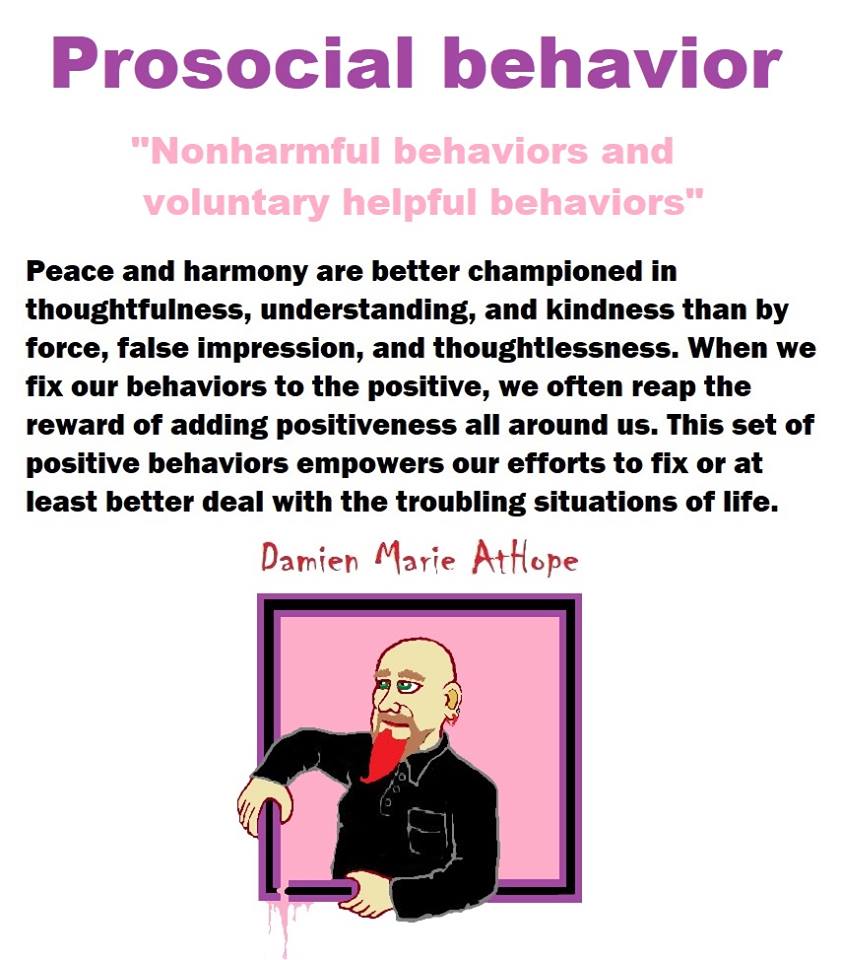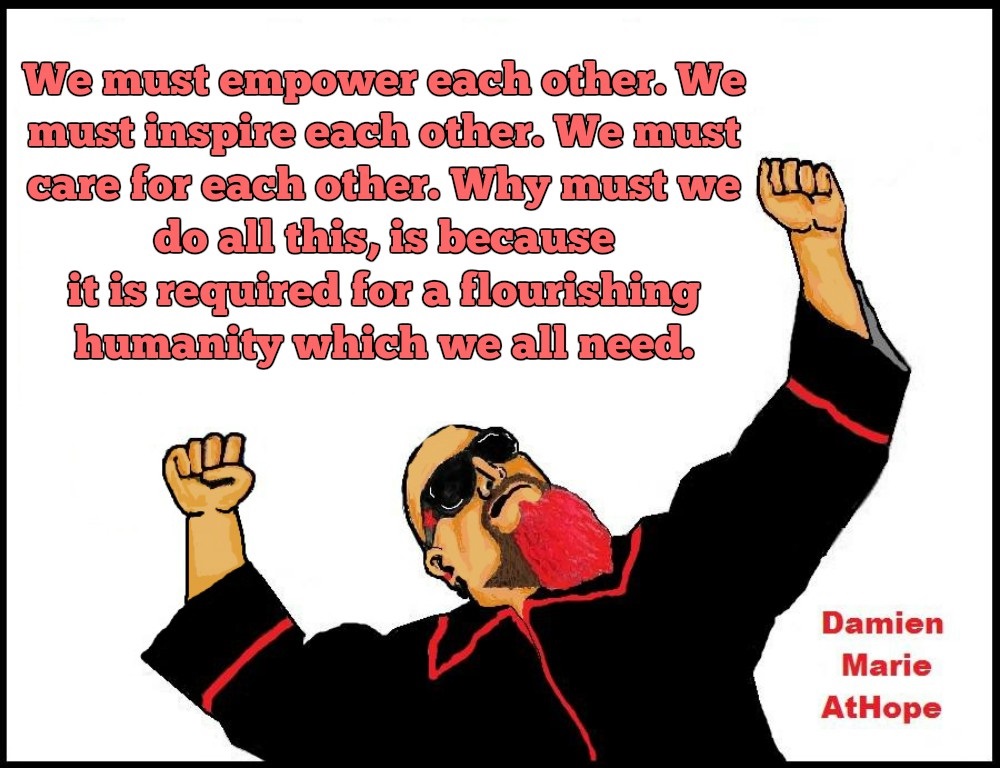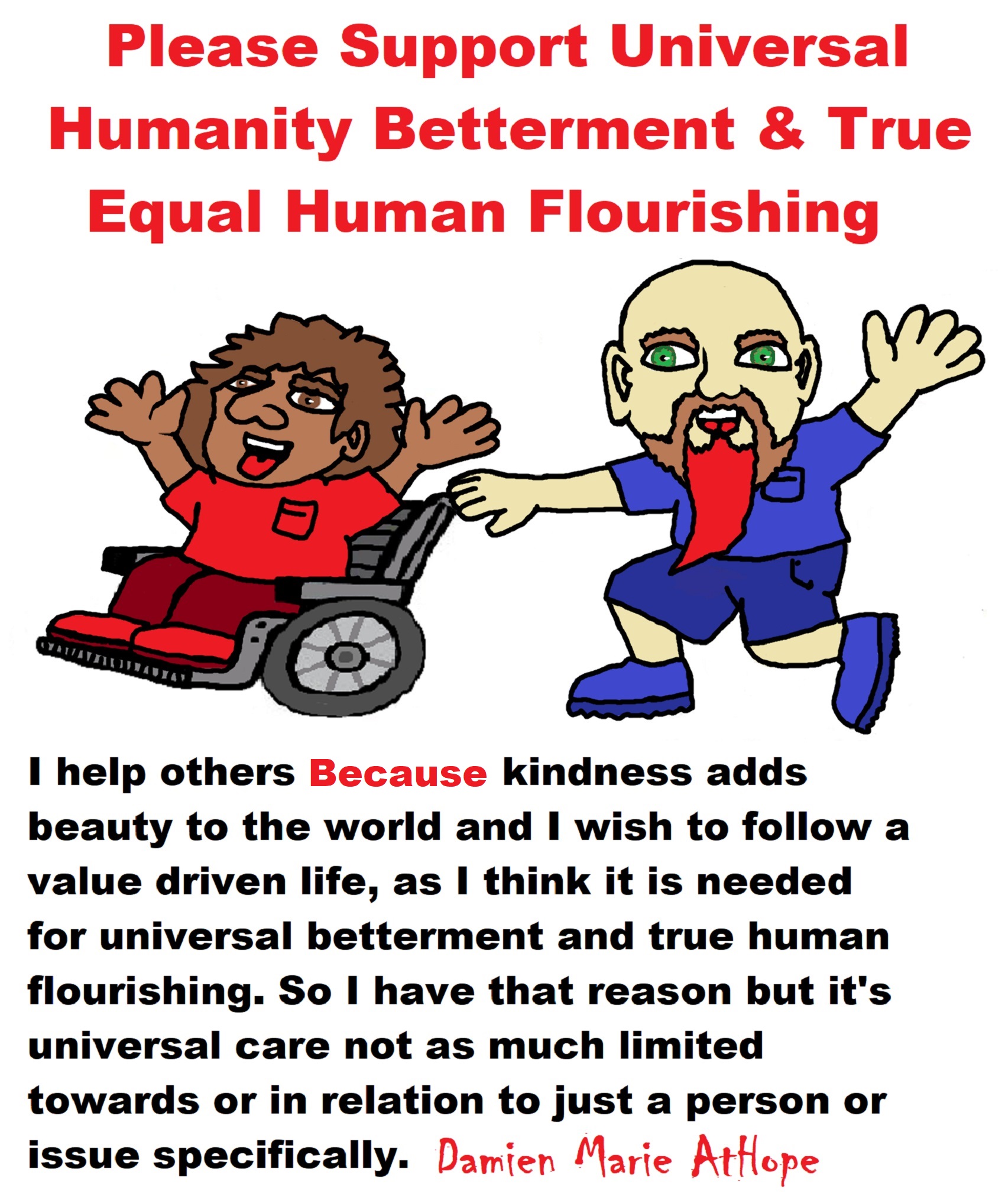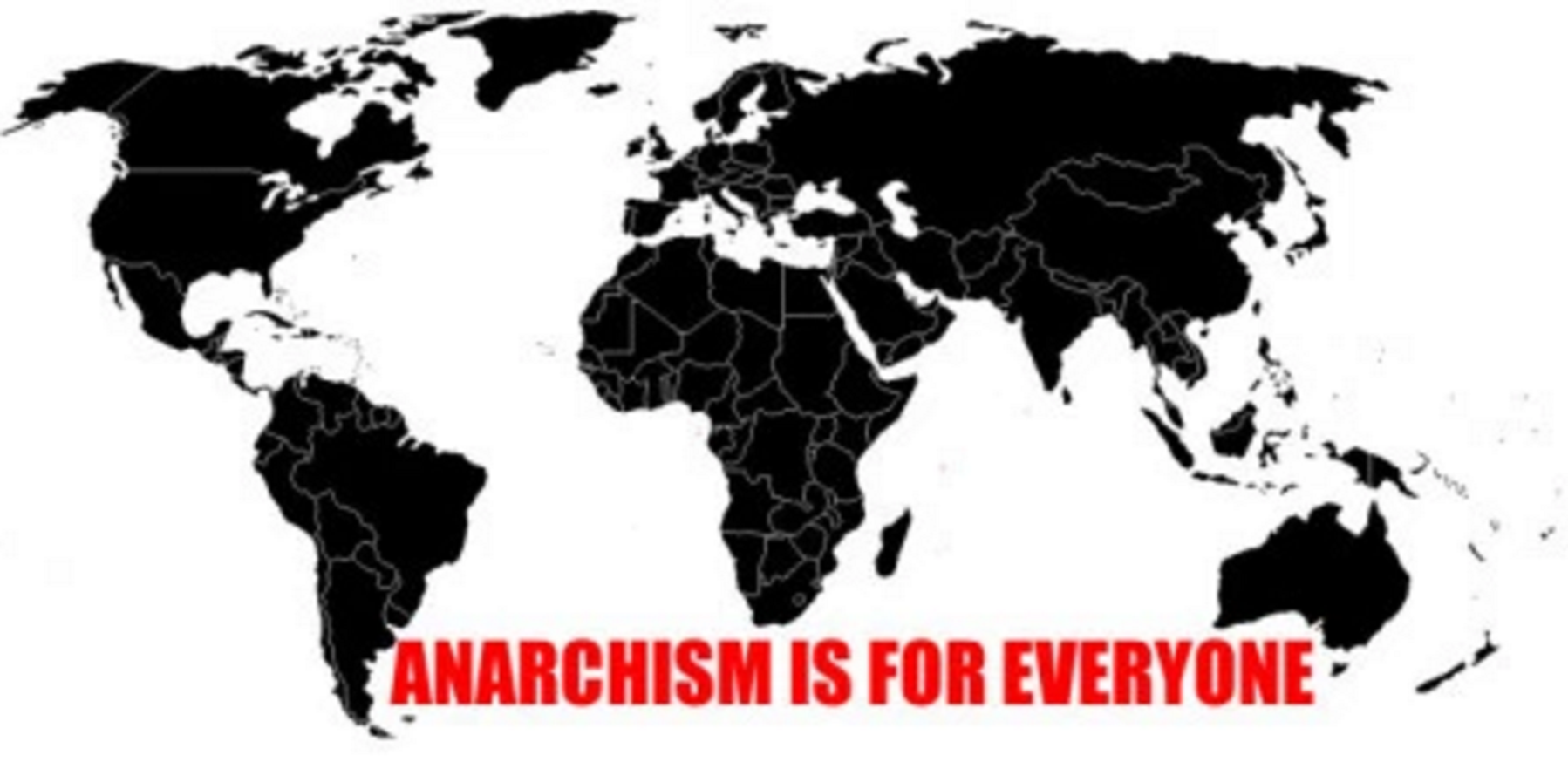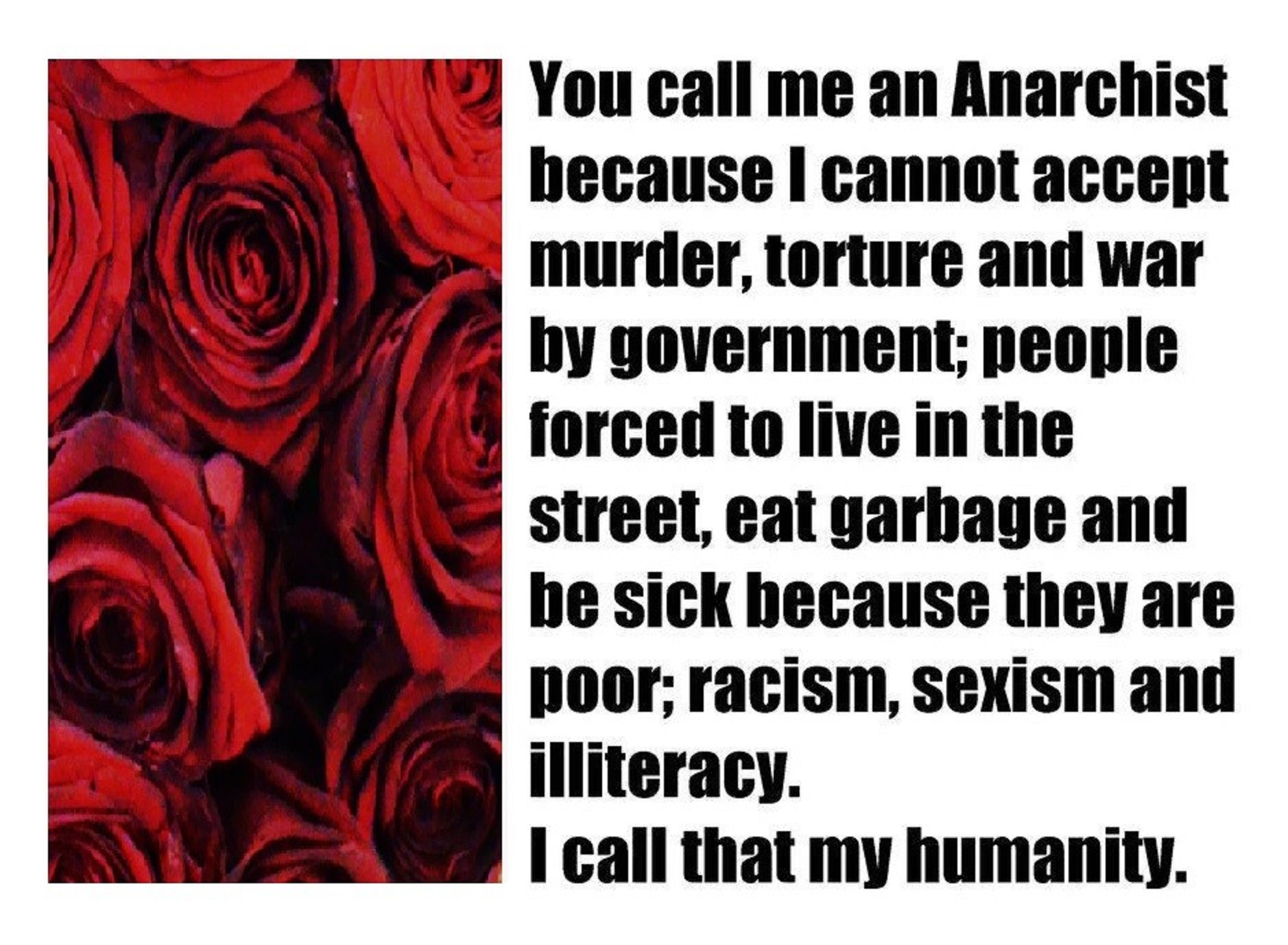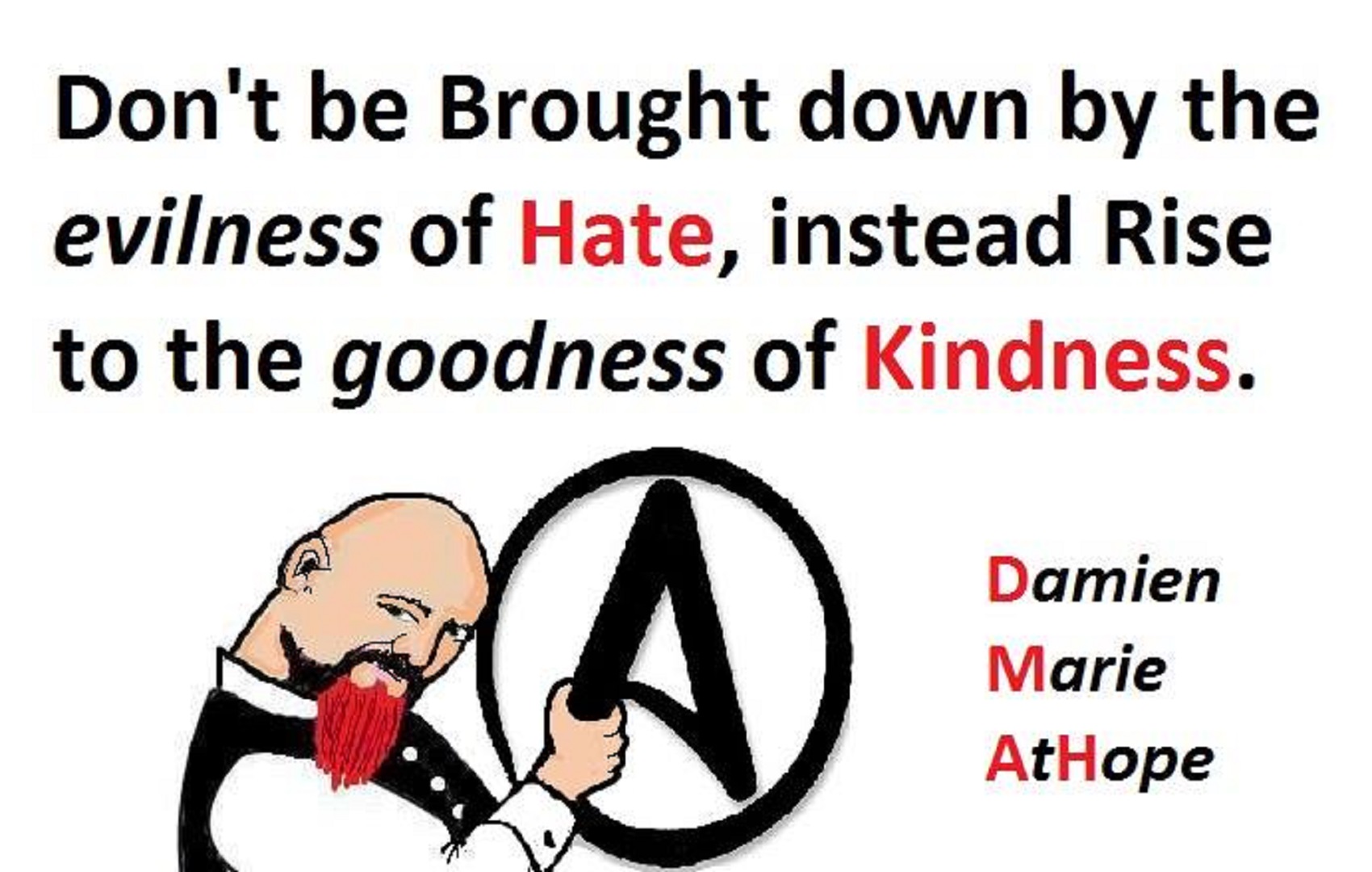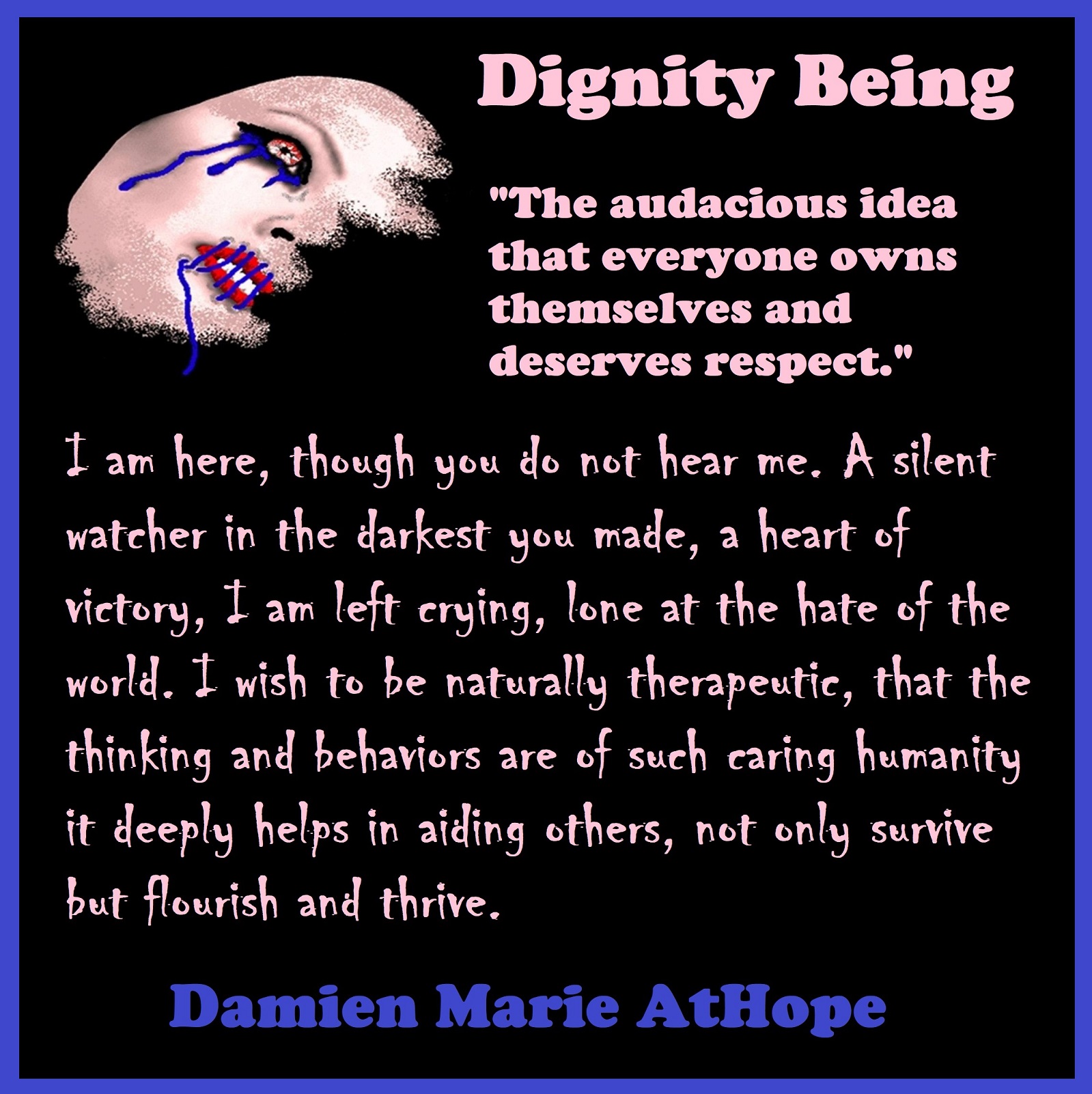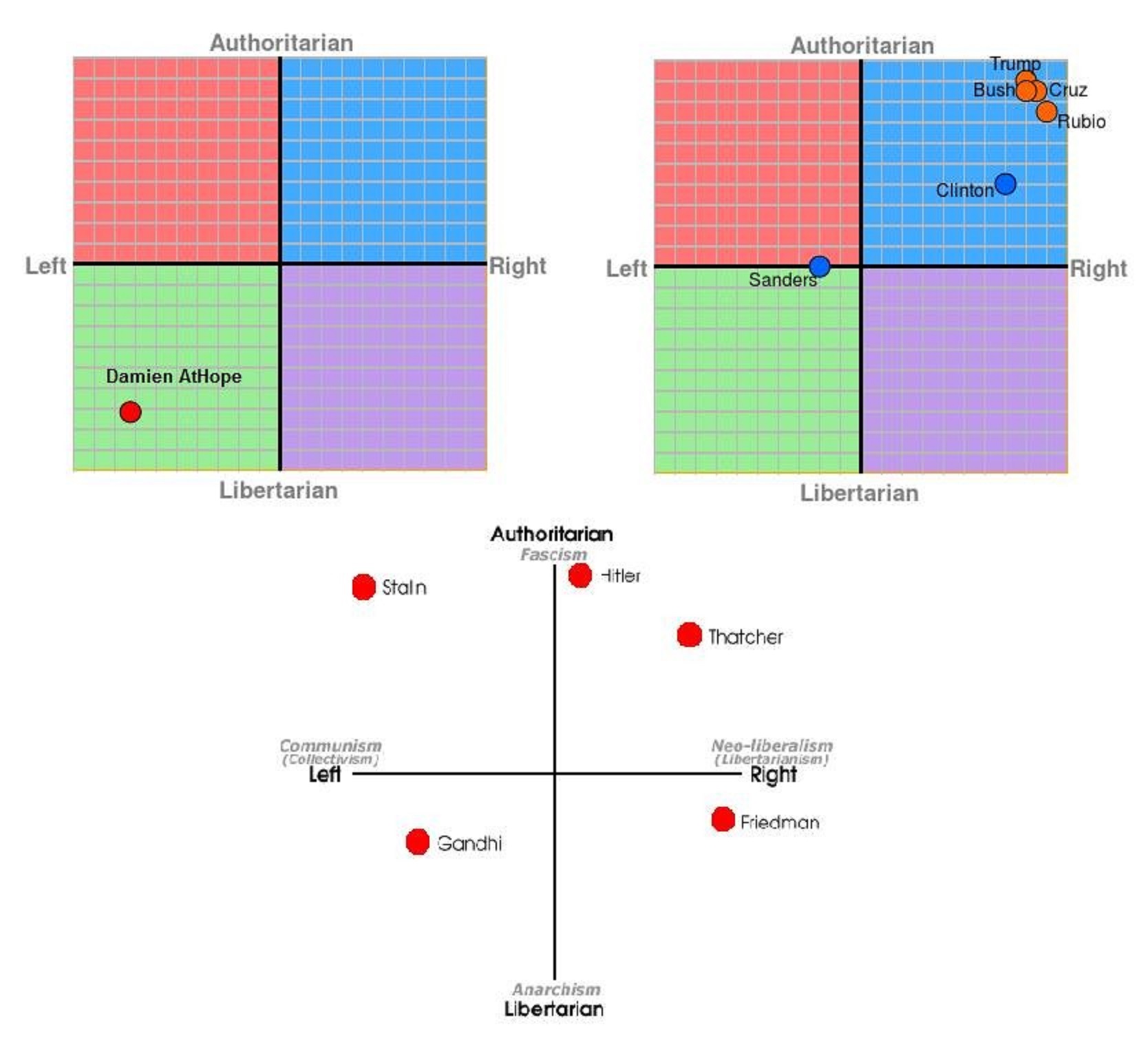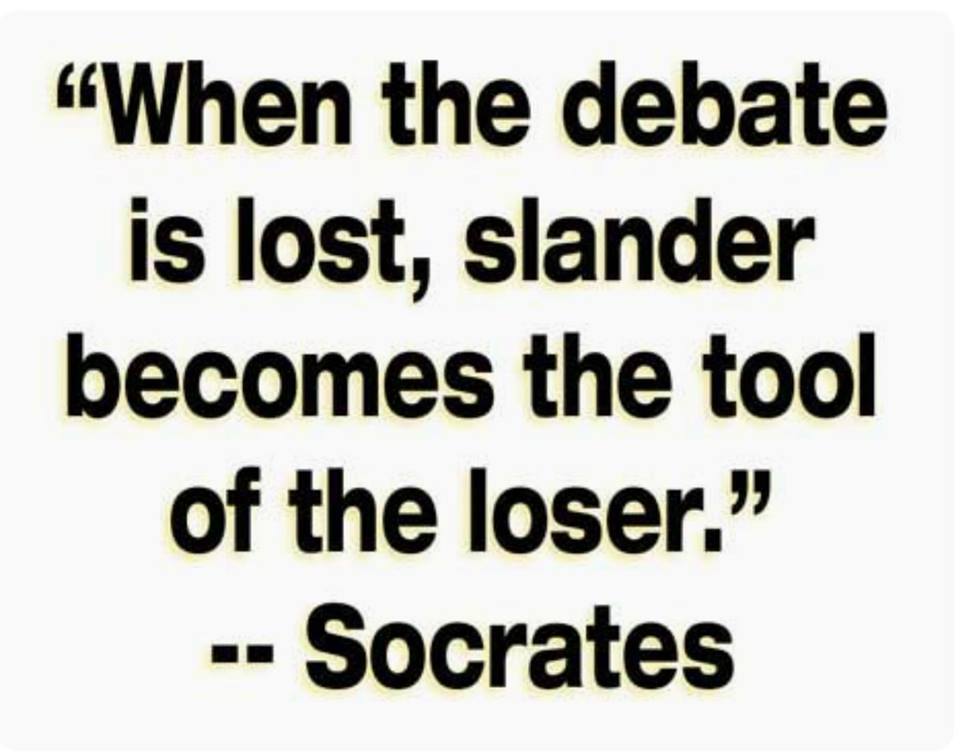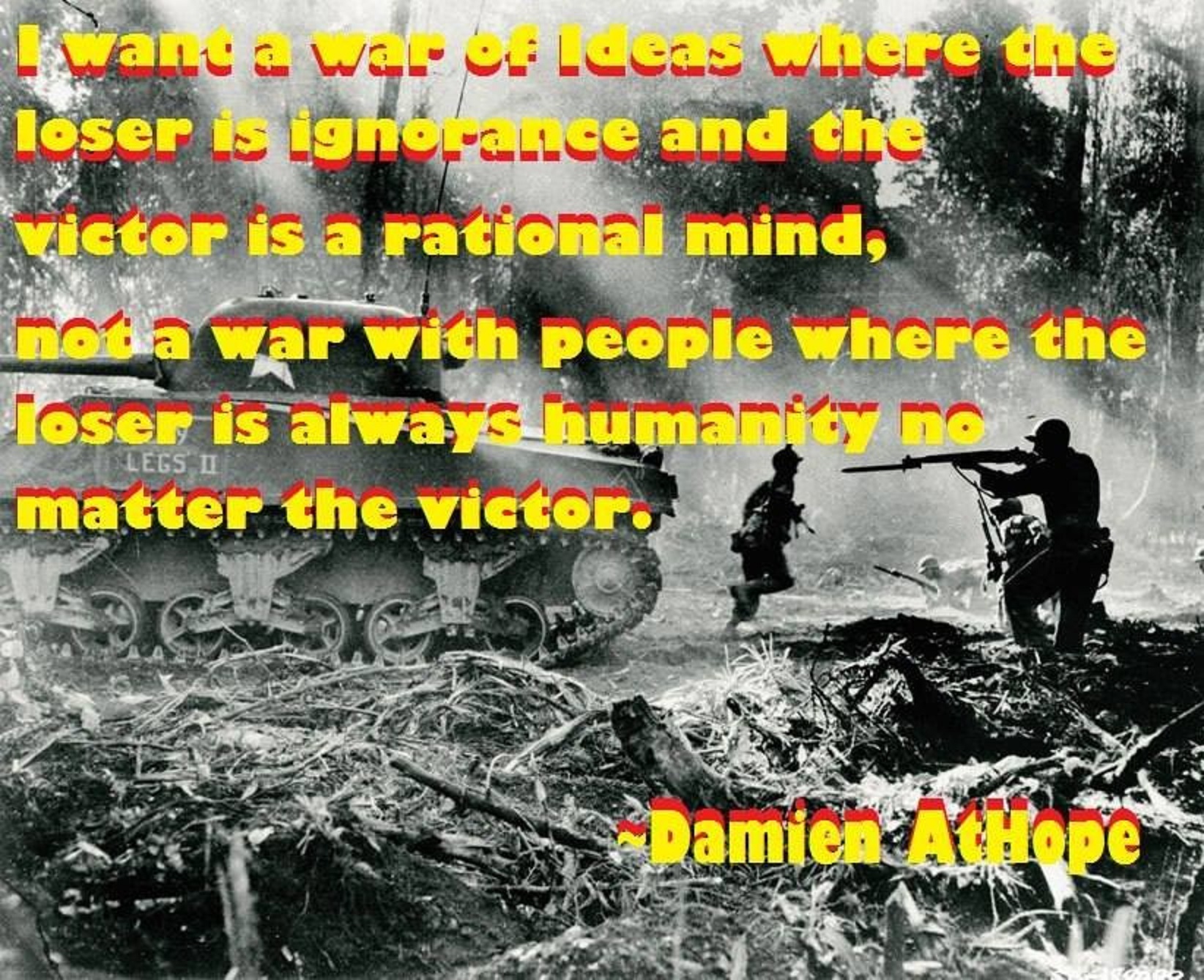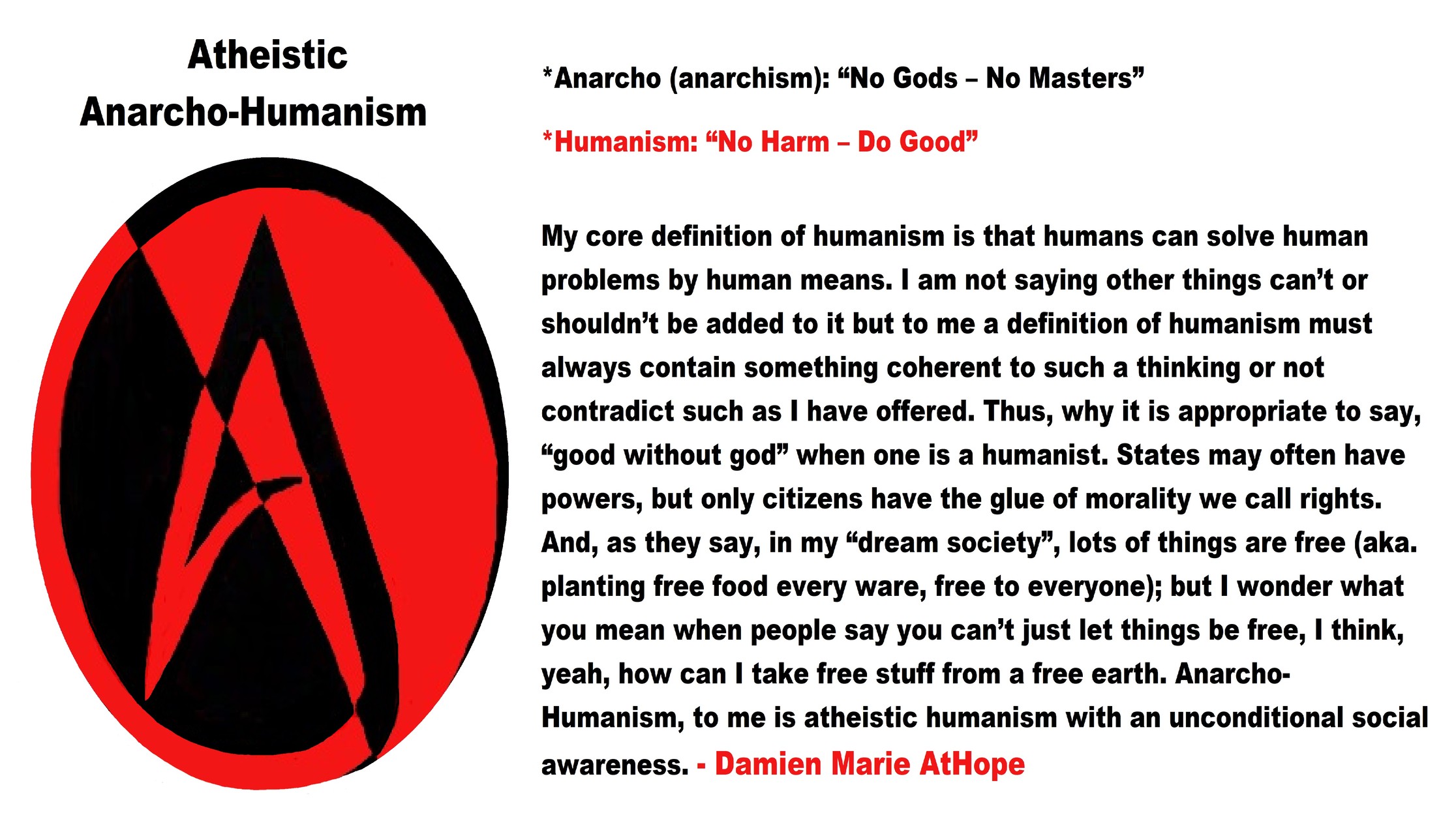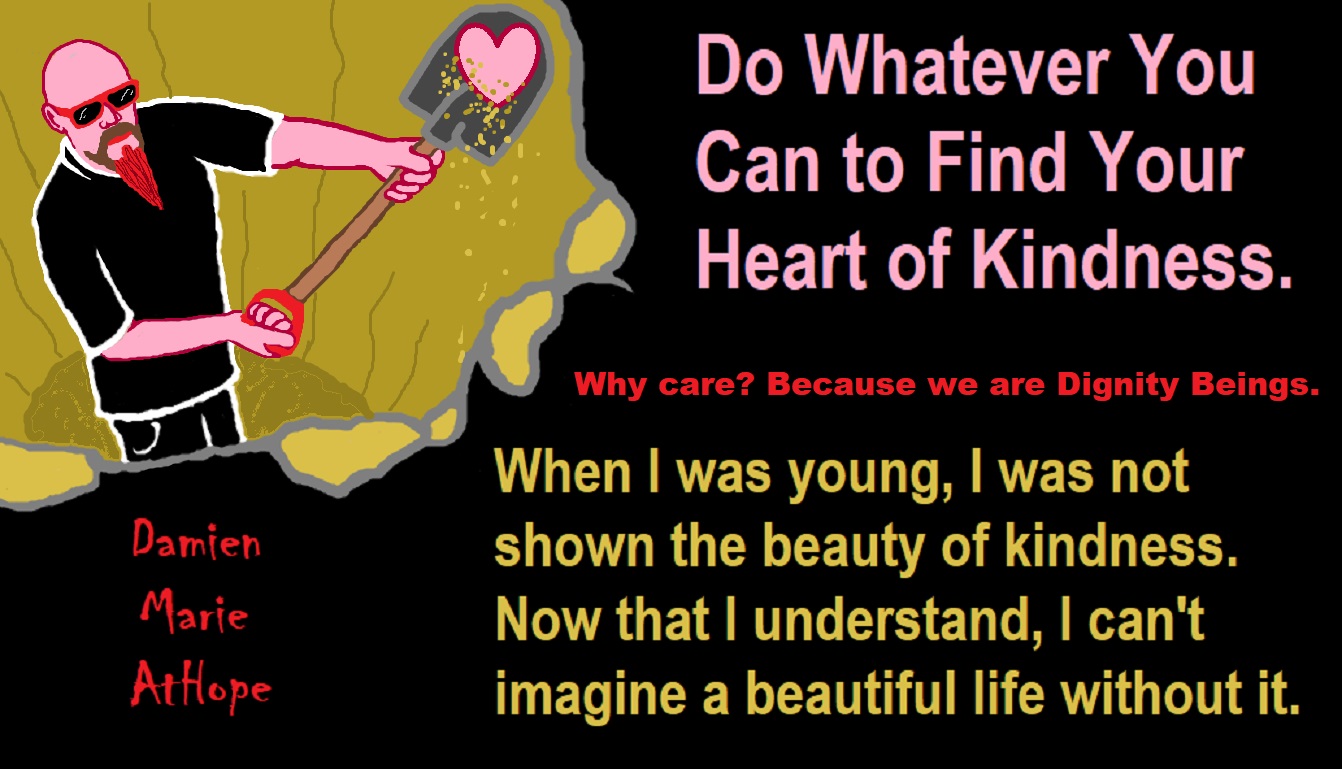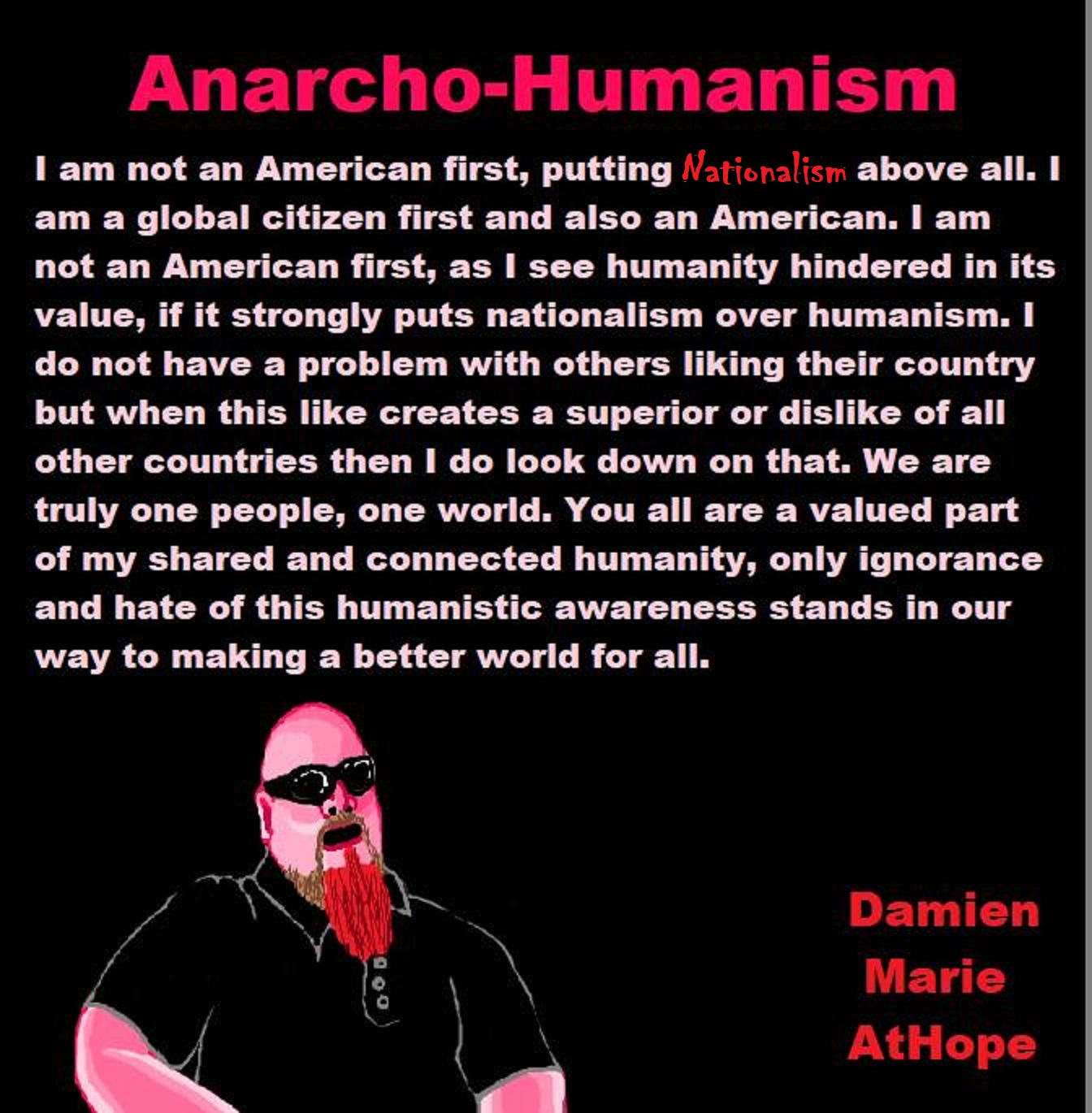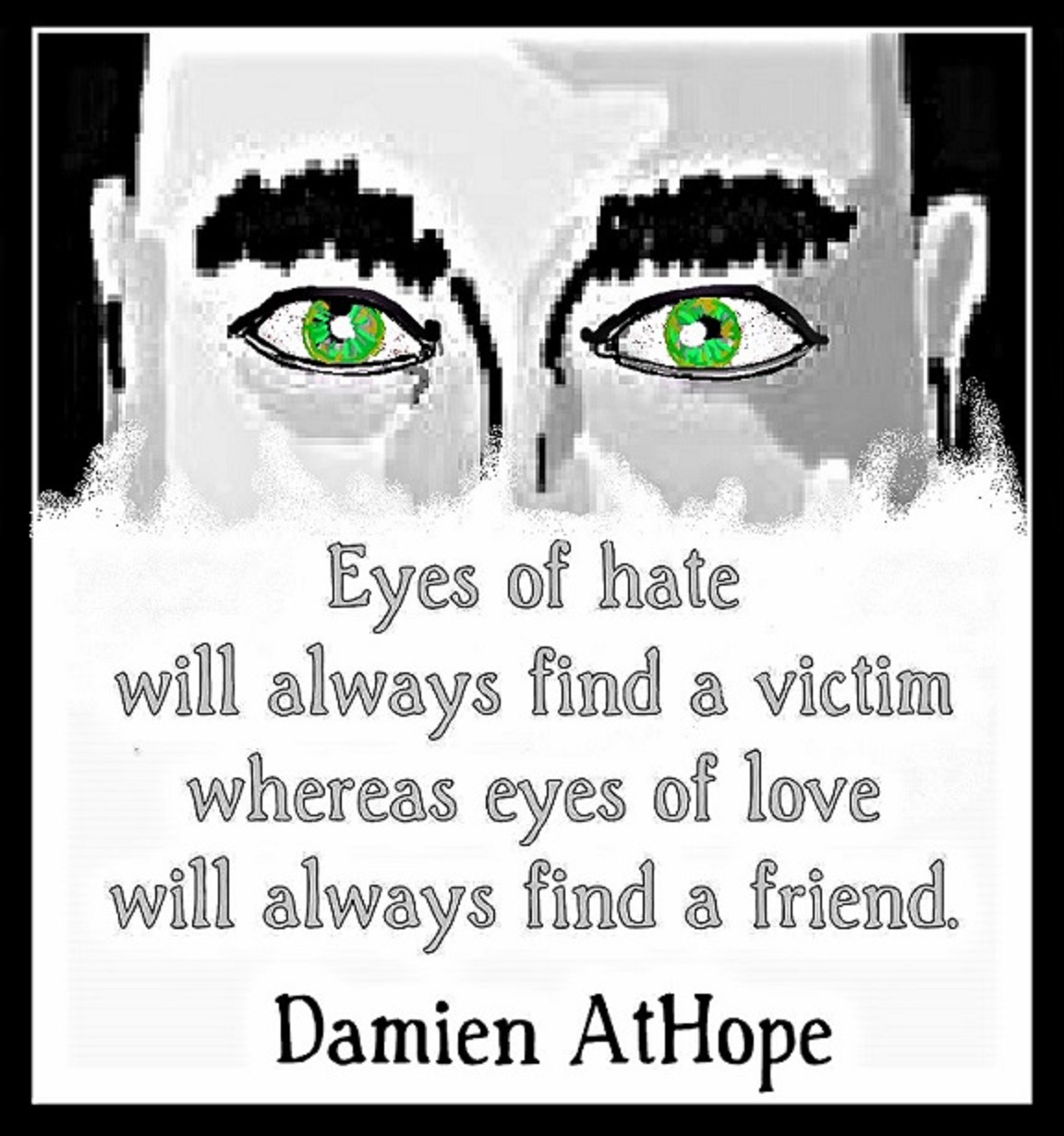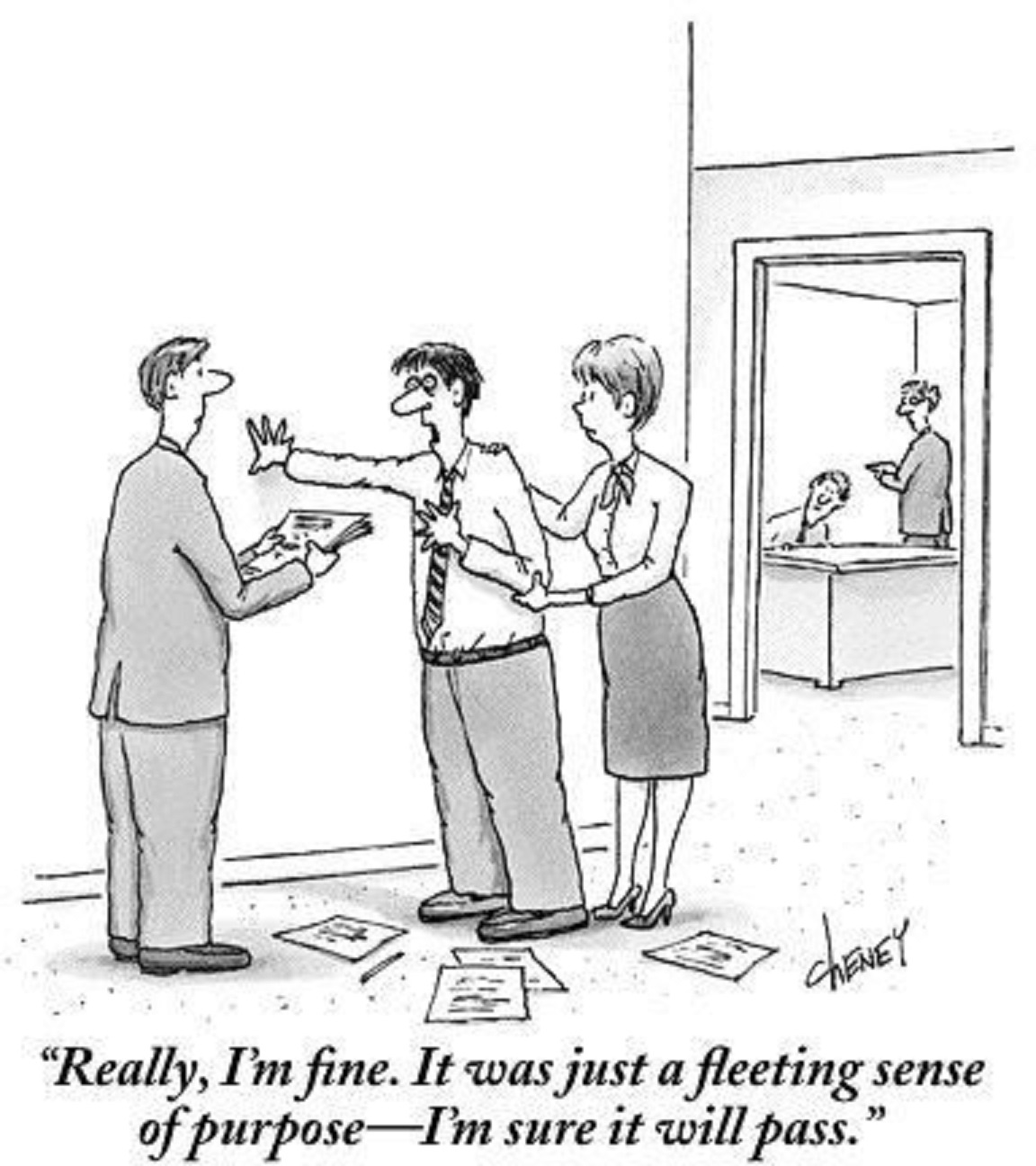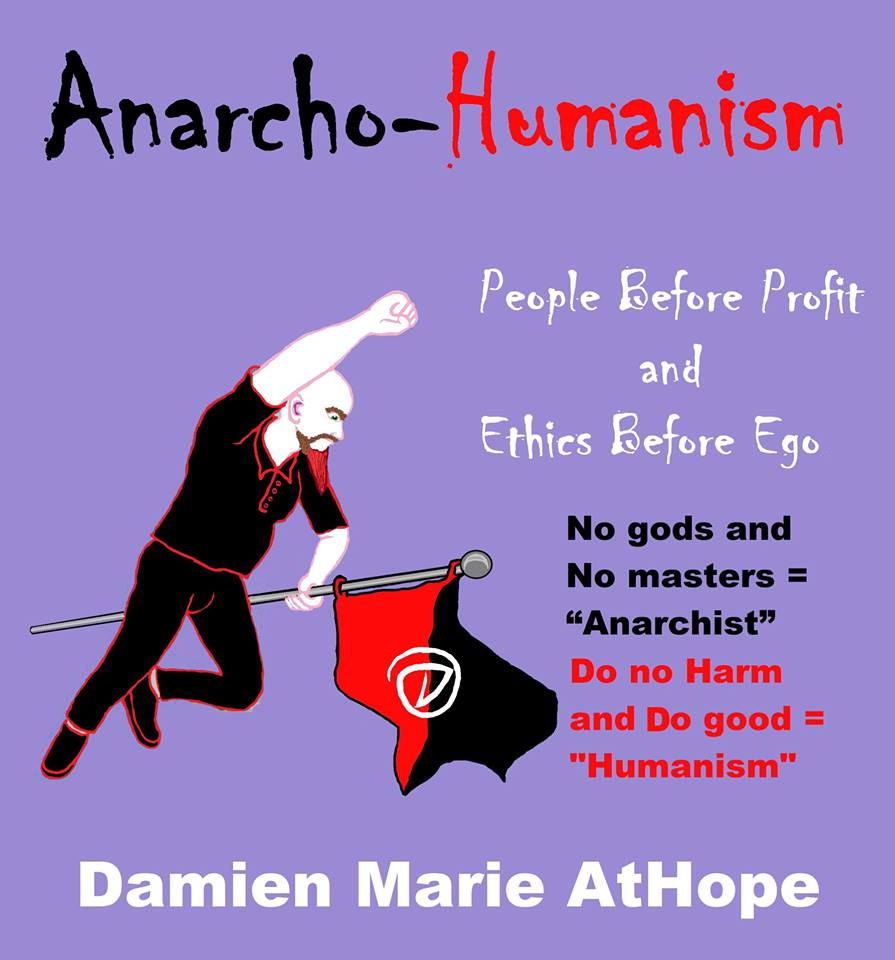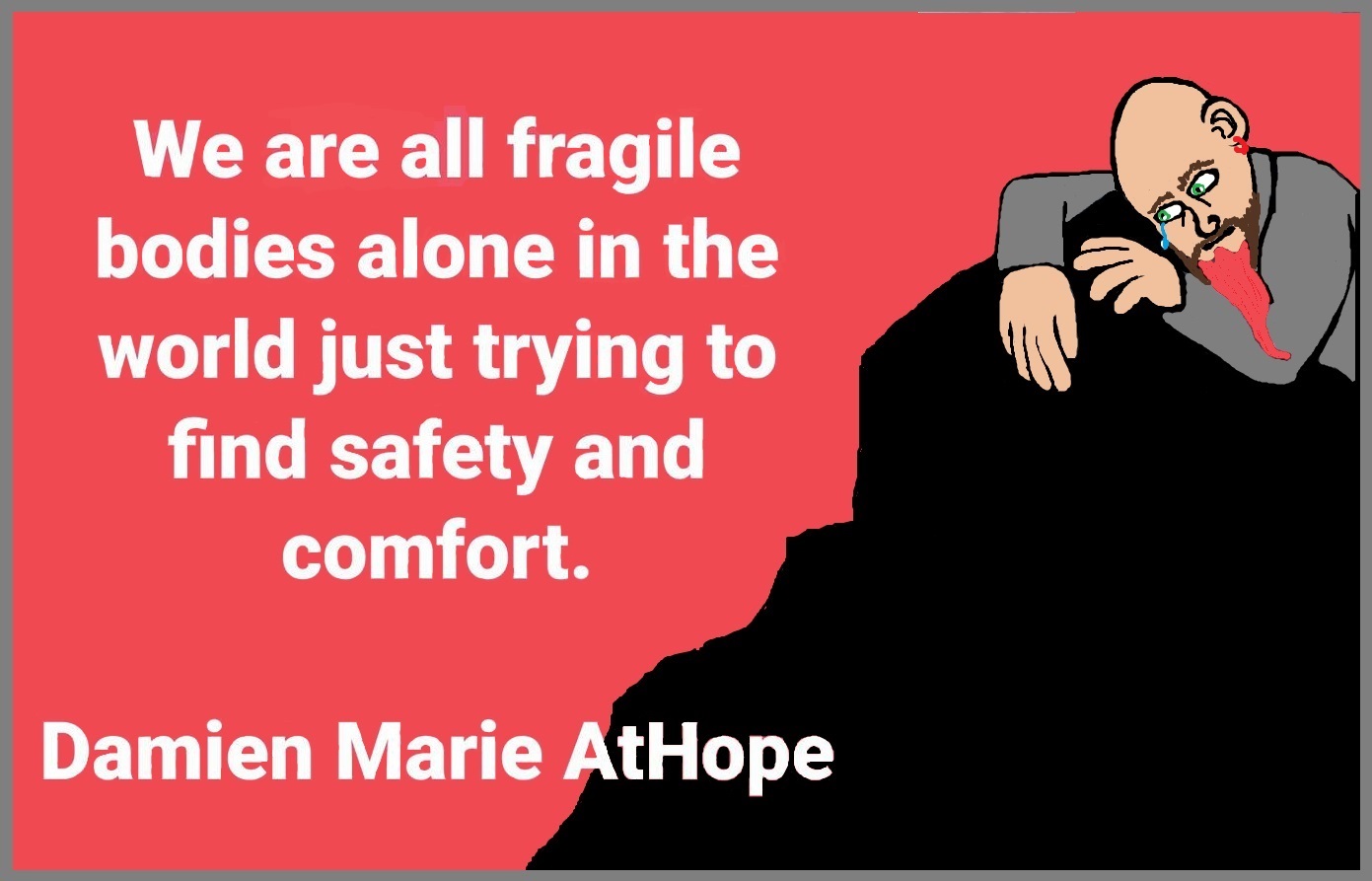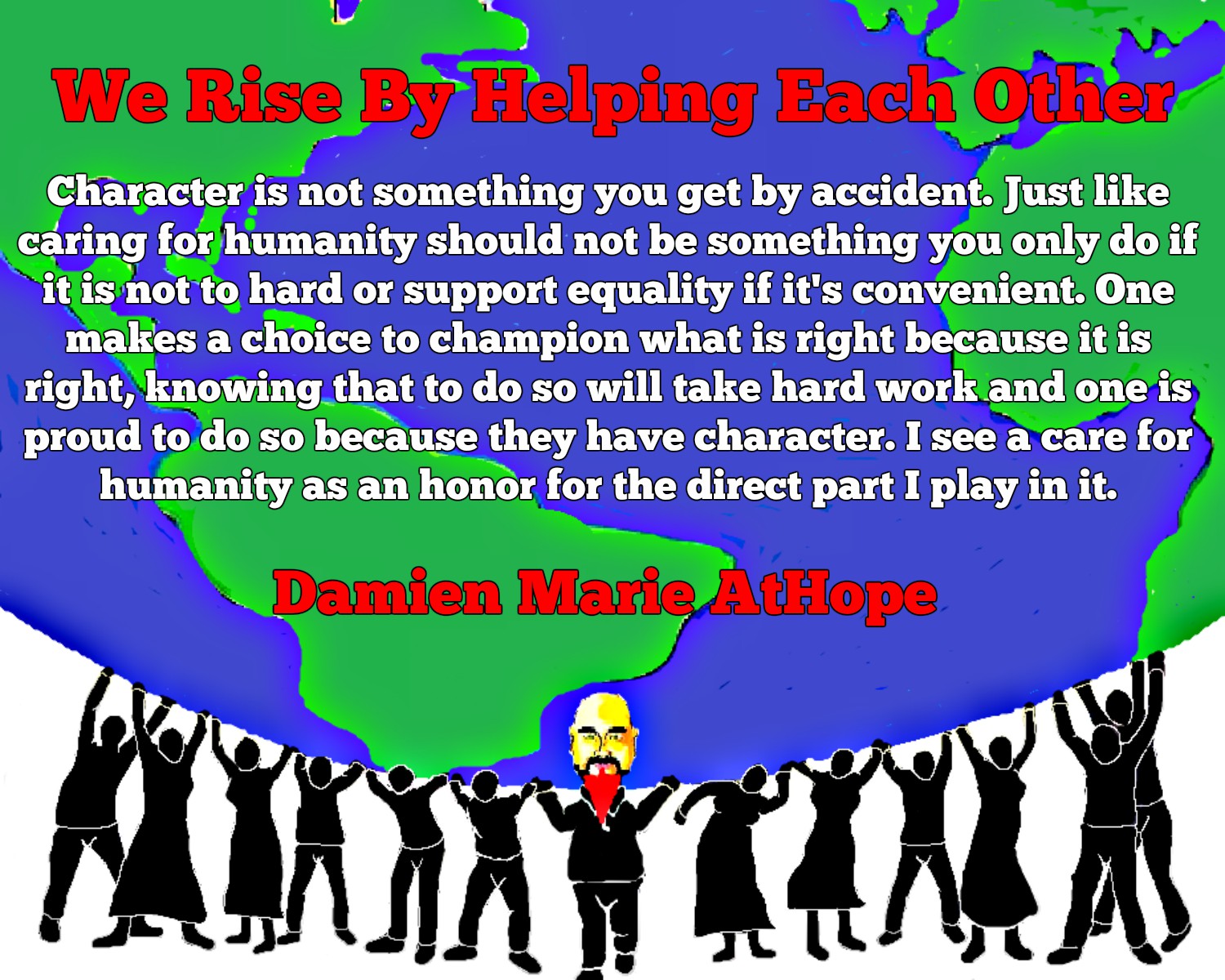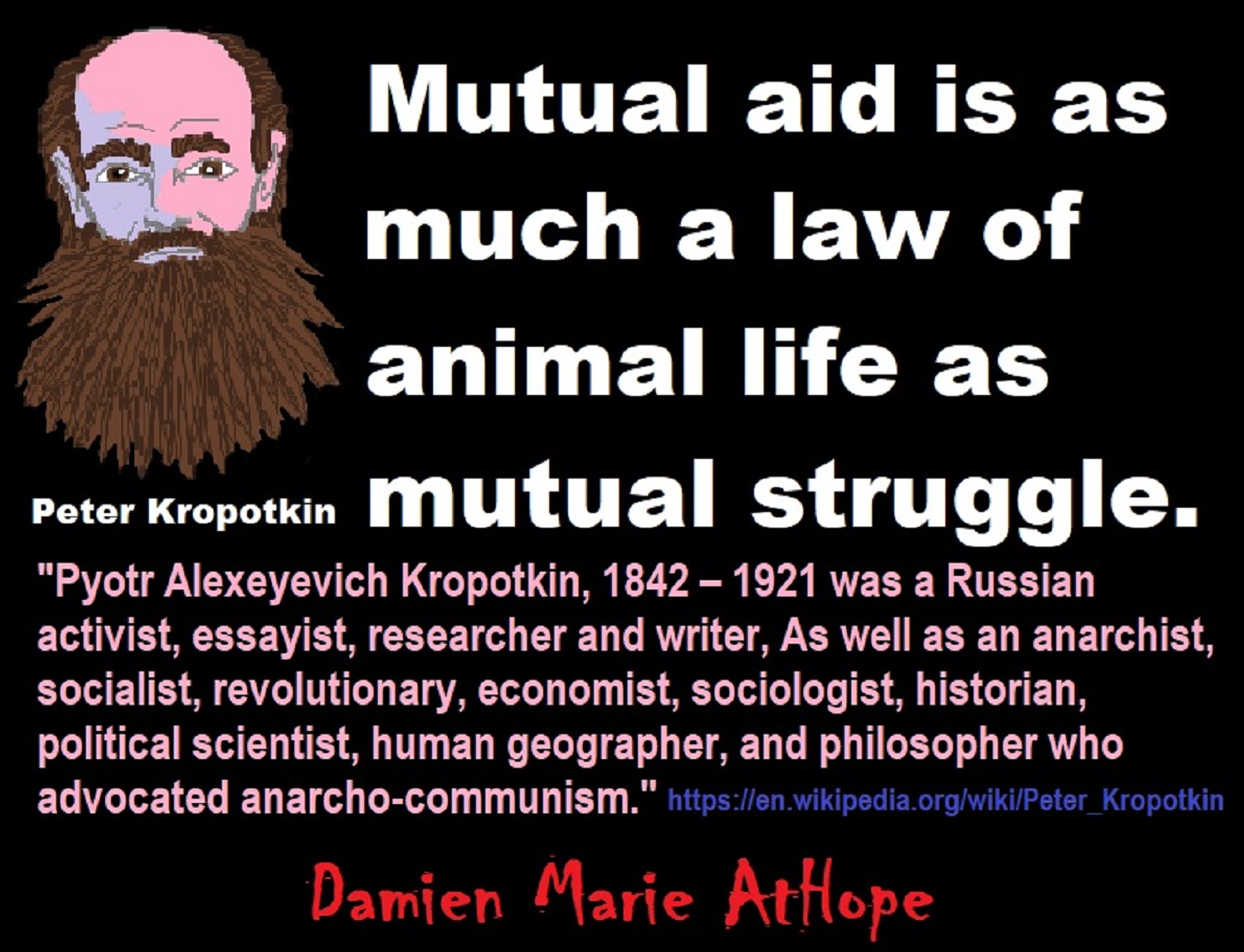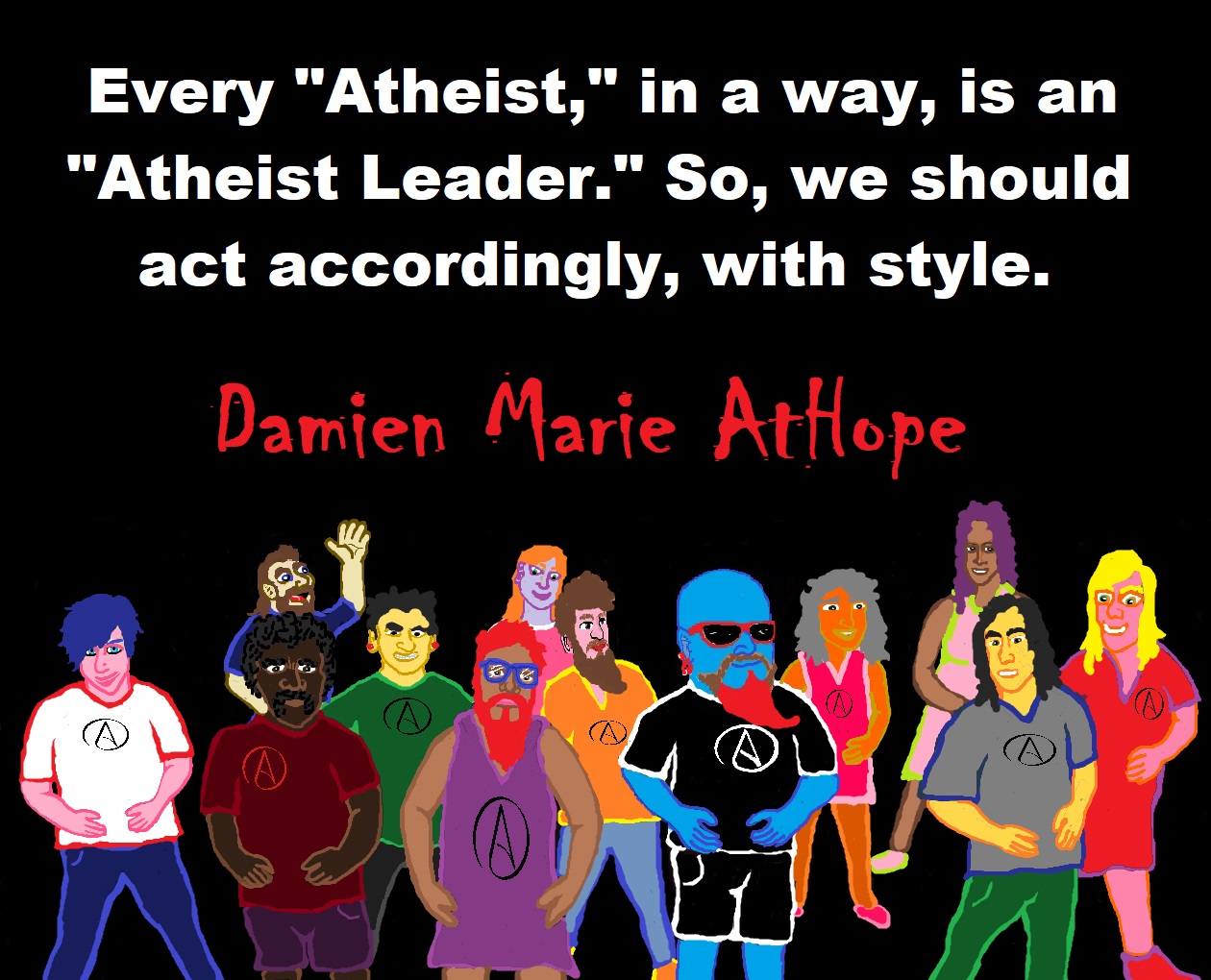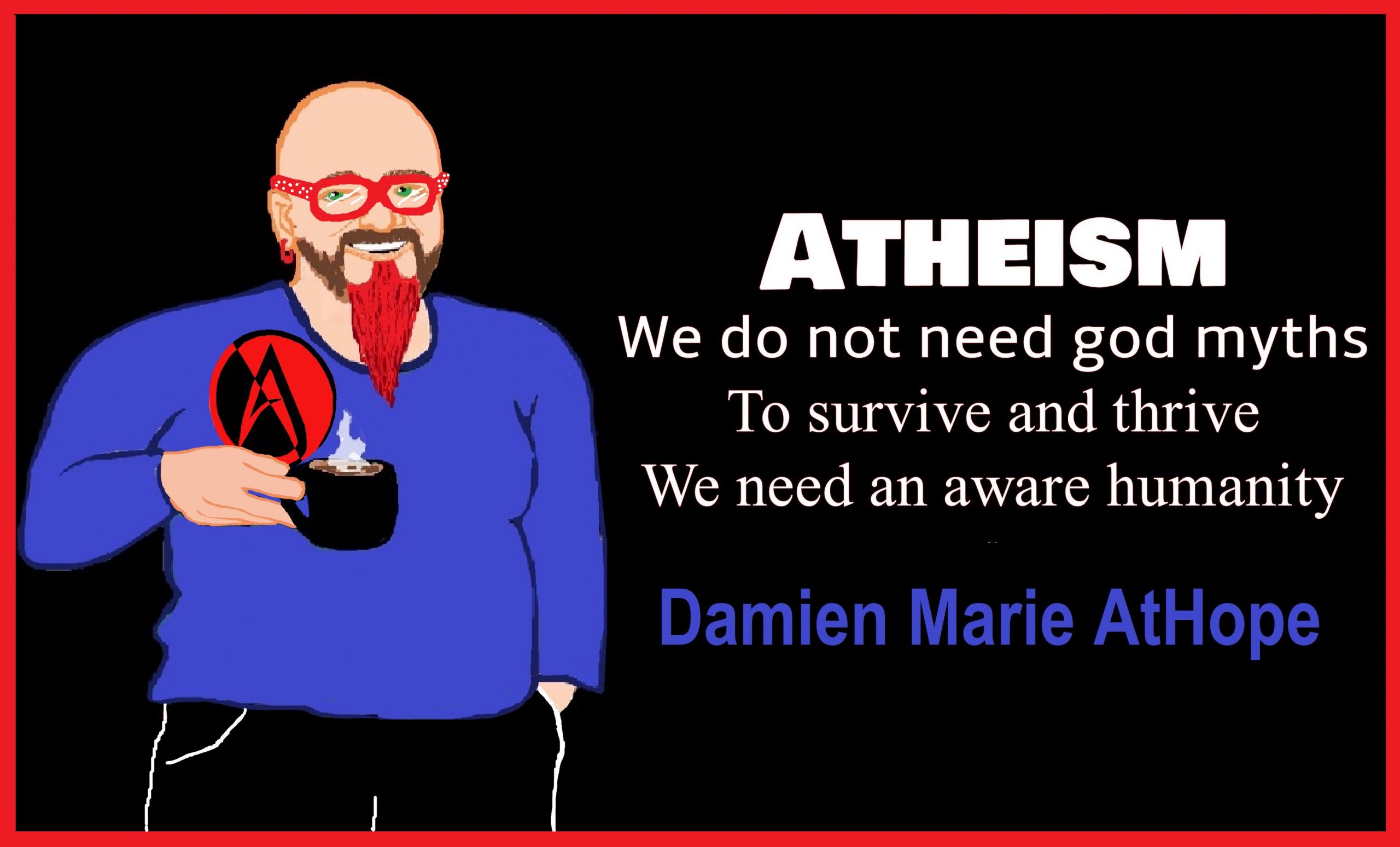
Debunking Bible Ethics?
If I follow every ethical behavior listed in the bible but do not believe in god am I a moral person? The lie of the bible ethics is it is not ethics it is laws and the requirement is beliefs, not ethics. You can have the most unethical Christians who believe supposedly going to heaven and even if a person followed every so-called ethic in the bible but did not believe they are dead to get hell and that is unethical to me.
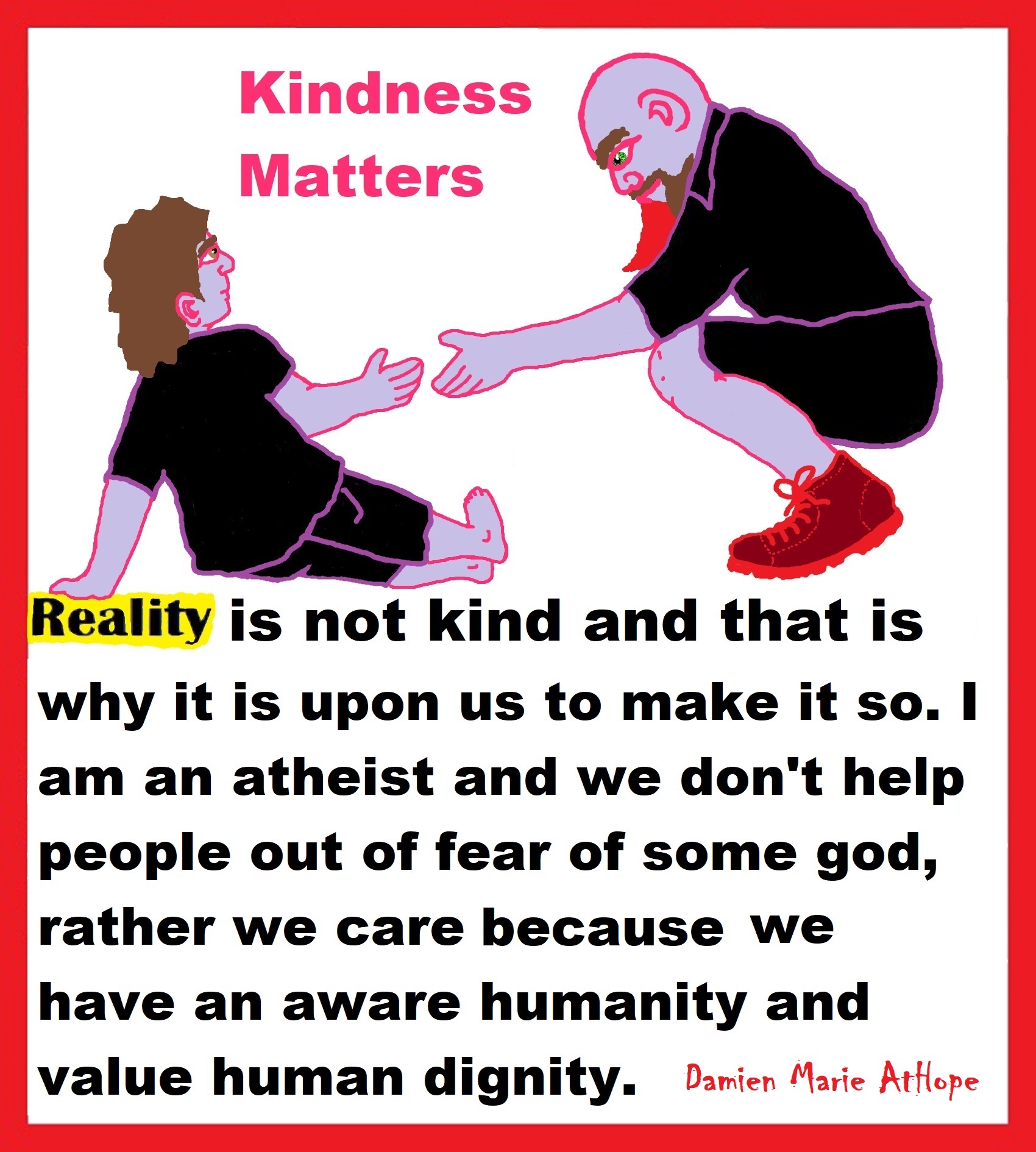
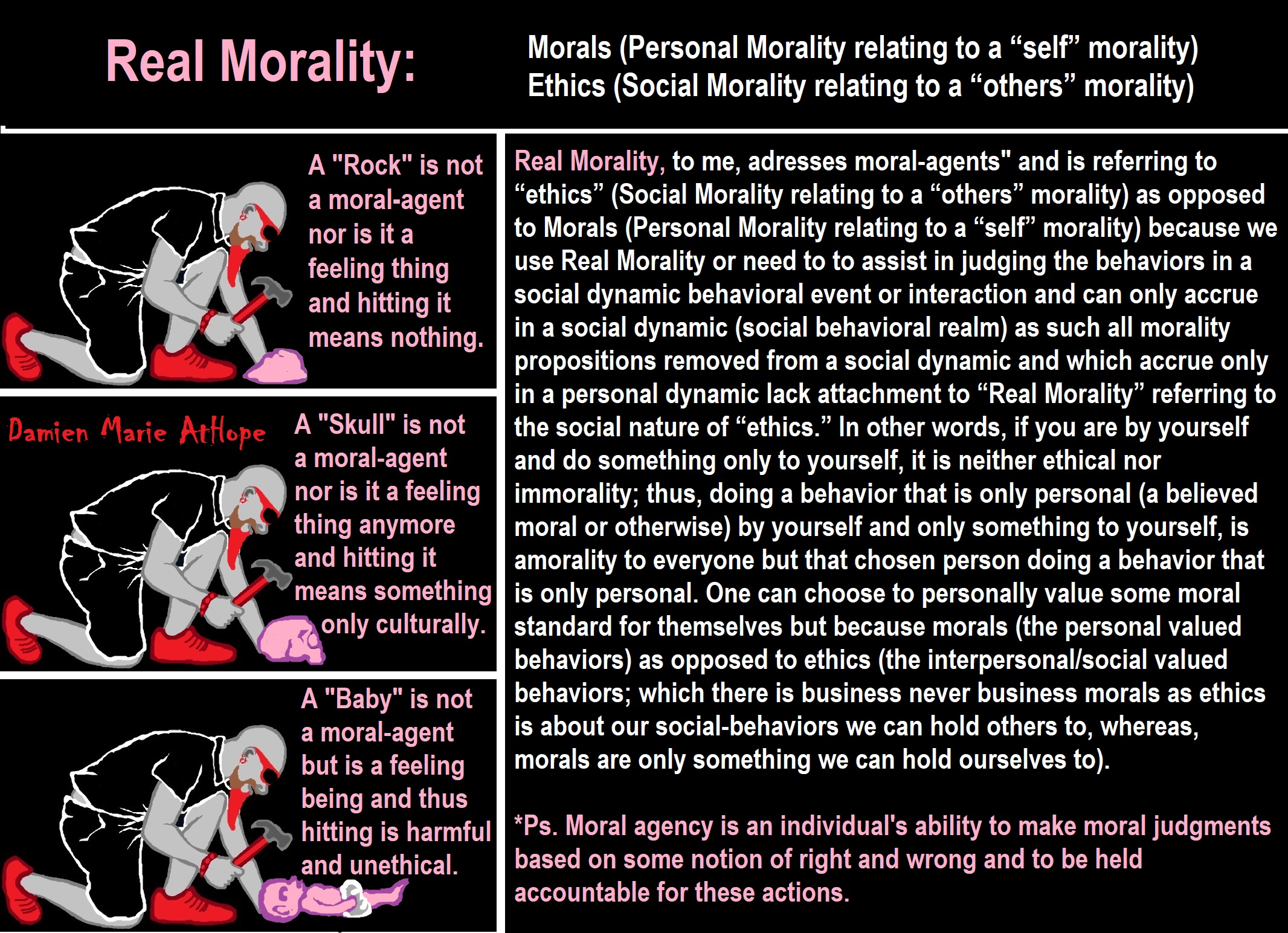
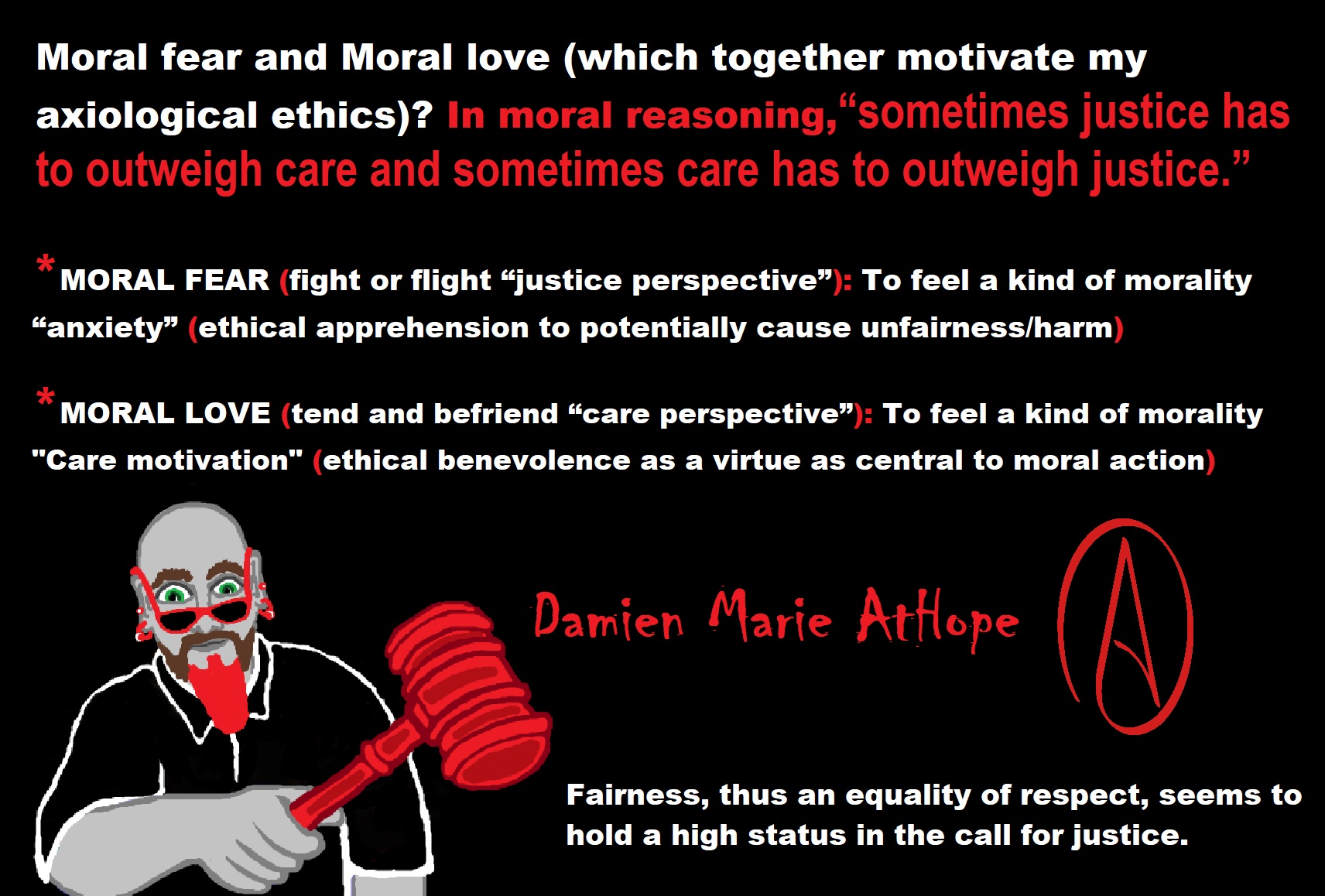
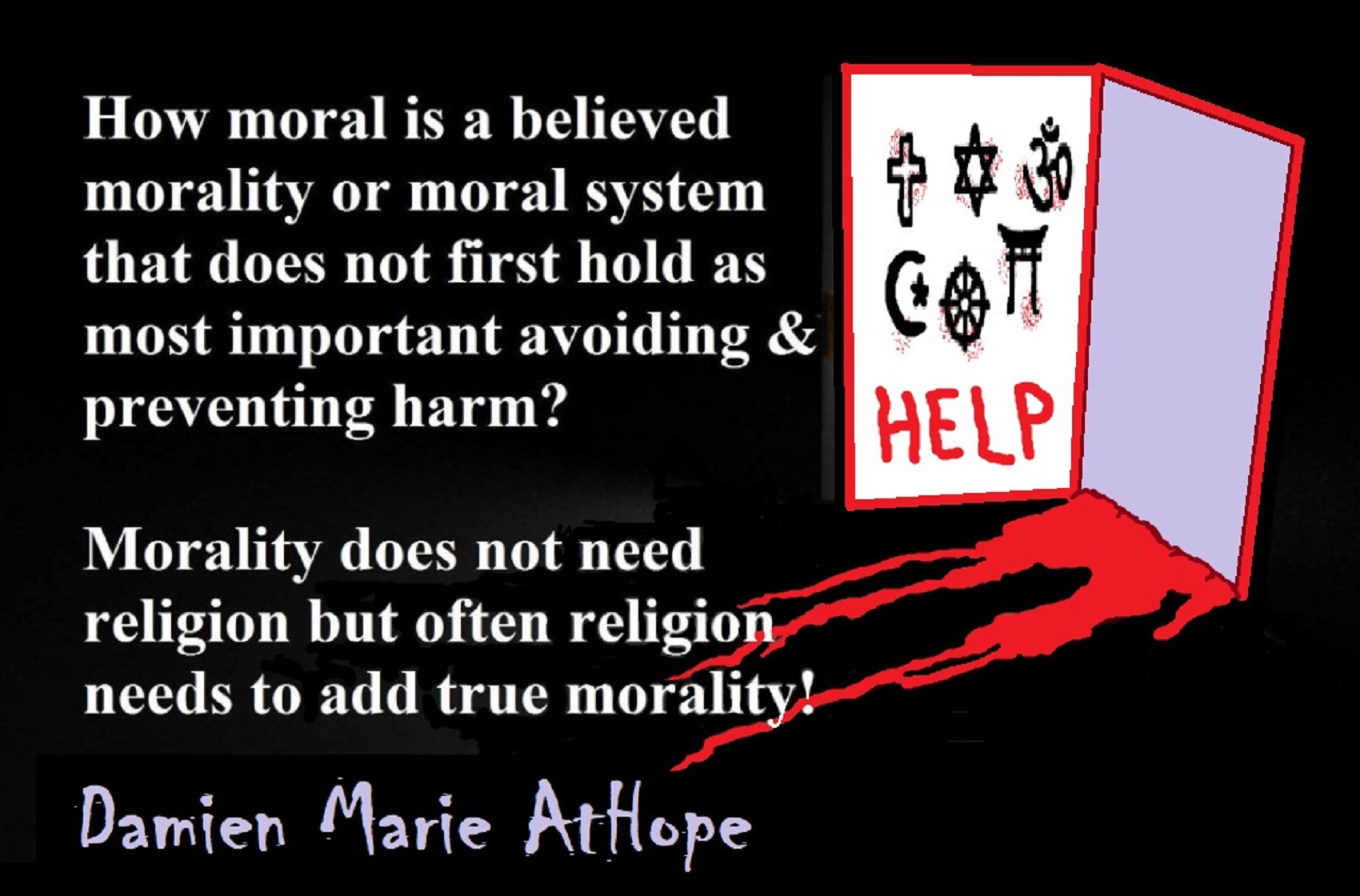
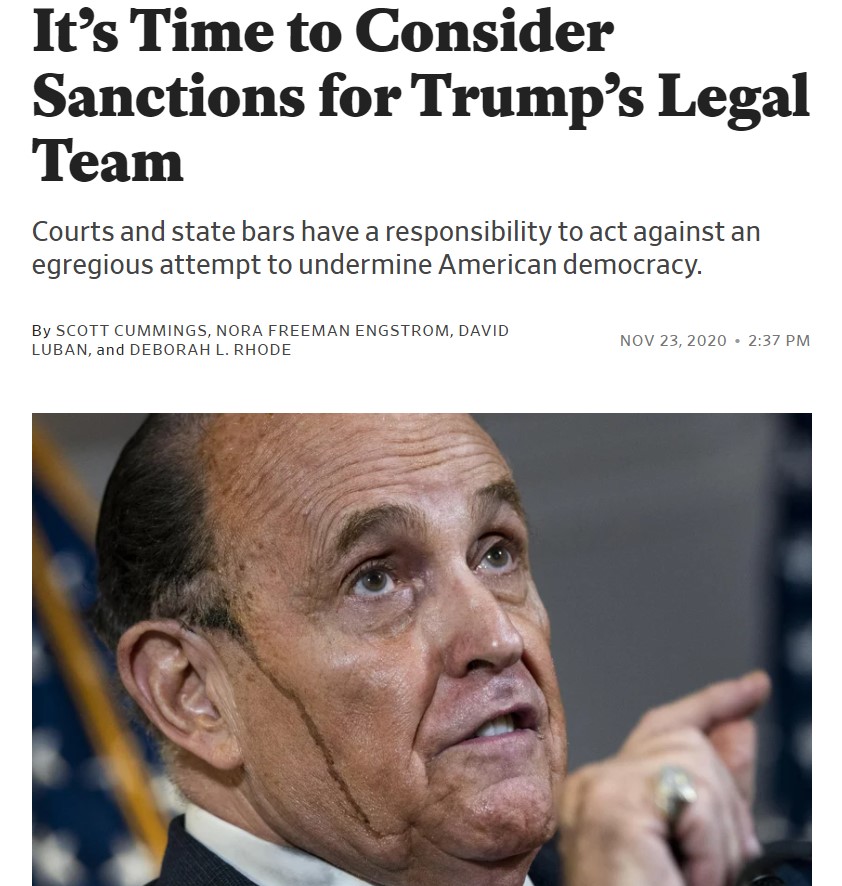
Trump Troll’s response to the linked post was to read my public info then try to use that against me as if logical fallacies are reasoned…
“Axiologicalist is saying that the election was ethical. He is also an atheist, I wonder what ethics he is applying. Because, although I’m an agnostic, I follow christian ethics and I can tell you this election was not ethical as votes were stolen. Theft is not ethical.” – Trump Troll
My response, Axiology is the study of the nature of value and valuation, and of the kinds of things that are valuable: “one of the central questions in axiology is this: what elements can contribute to the intrinsic value of a state of affairs?” Axiology, (from Greek axios, “worthy”; logos, “science”), also called THEORY OF VALUE, the philosophical study of goodness, or value, in the widest sense of these terms. Its significance lies (1) in the considerable expansion that it has given to the meaning of the term value and (2) in the unification that it has provided for the study of a variety of questions—economic, moral, aesthetic, and even logical—that had often been considered in relative isolation. https://www.britannica.com/topic/axiology
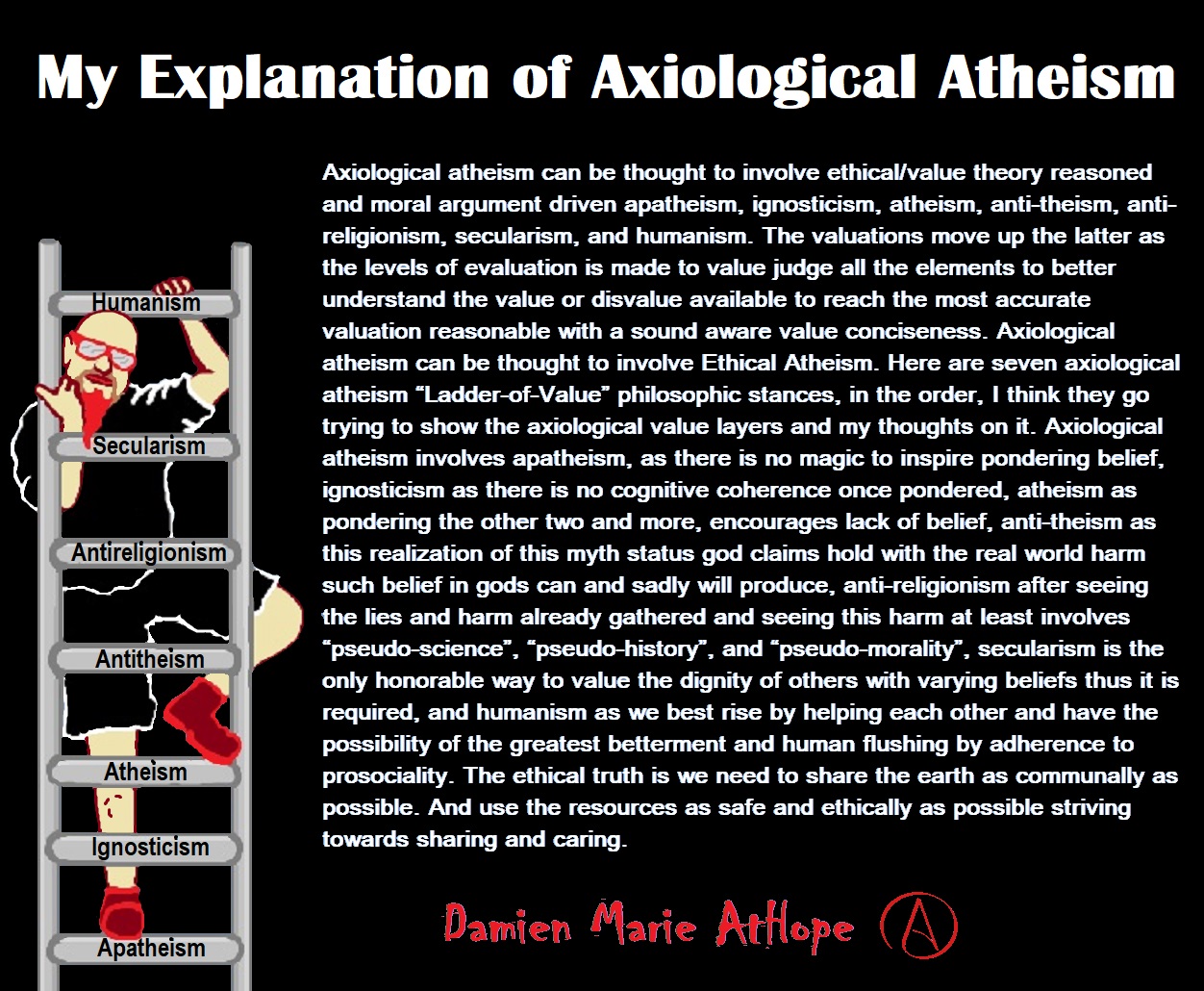
My response, The election allegations of mass voter fraud is itself a fraud shown in the massive court losses as not massive voter fraud was involved and to state otherwise is to pus a fraud. Lies are not ethical. Lying and giving false testimony is unethical. Please explain fully Christian ethics all Christians agree?
“Damien AtHope, sure to name a few murder is bad, theft is bad, cheating is bad. When did any of this go to court? I haven’t heard of any court cases yet. So what you’re saying is you voted for a Democrat and since he won, all these allegations of cheating and fraud are false. Including Russian interference. Nevermind the fact that Biden got 10 million more votes than Obama did in 2008. He also created the “office of president-elect” which isn’t real. He also was quit his POTUS run Olin in the 80s because he got caught plagiarizing. Nevermind that stuff right? Biden won no questions asked.” – Trump Troll
My response, Trump and his allies have won zero out at least 26 lawsuits they’ve filed since Election Day https://www.forbes.com/sites/alisondurkee/2020/12/01/barr-defies-trump-says-no-evidence-of-voter-fraud-that-could-change-election-result/?sh=501ac6b21ba4
Barr Defies Trump, Says No Evidence Of Voter Fraud That Could Change Election Result https://www.forbes.com/sites/alisondurkee/2020/12/01/barr-defies-trump-says-no-evidence-of-voter-fraud-that-could-change-election-result/?sh=501ac6b21ba4
All these allegations of cheating and massive voter fraud are false. “Trump rails at judges as another court rejects his lawyers’ claims of voter fraud” https://www.theguardian.com/us-news/2020/nov/29/trump-election-fraud-lawsuit-defeats
“Biden Did Not Invent the ‘Office of President-Elect’” “The ‘Presidential Transition Act,’ passed by Congress in 1963, directed the General Services Administration to provide office space and support for the president-elect and vice president-elect shortly after the election. The use of the term ‘Office of the President-Elect’ isn’t unusual.” https://www.factcheck.org/2020/11/biden-did-not-invent-the-office-of-president-elect
My response, You simply need to accept the truth and stop supporting unethical lies. And you believe only Christians support not murdering or not stealing or not cheating? Do all Christians support the death penalty or abortion restrictions? Do all Christians see government the same even though you say all Christians have Christian ethics? Did this understanding of the so-called Christian claim ethics help make it clear with the slavery debate only having one side, as it seems you would be implied by a statement of Christian ethics? Bible claimed ethics on murder being bad? Unless murder is claimed as mandatory as the Jews are claimed to do with the cannonite tribes? How about a god that murdered an entire planet in the claimed bible flood?
“Damien AtHope bad, wrong, a sin whatever you want to call it, yes Christian’s say it’s bad. We aren’t talking about jews. Also again I said I’m an agnostic, I don’t believe the earth flooded as the same amount of water is on earth today as there was a million years ago. Besides the waste, we left on the moon of course. All real Christians are pro-life. I’m pro-life. I also support the death penalty. I didn’t say only Christians believe that and that’s why I asked where you get your ethics from. So it’s proven that some 20k dead people voted, you’re saying that’s a false claim? Your forces article misquoted Barr, I’d suggest you look at what Barr actually said..” – Trump Troll
My response, The bible says life is from the first breath. The bible actually has quite a lot to say on the subject of the breath of life. Here are a few more passages that illustrate when life begins. Job 33:4-“The spirit of God has made me, and the breath of the Almighty gives me life.” Ezekiel 37: 5&6- “Thus says the Lord God to these bones: Behold, I will cause breath to enter you, and you shall live. And I shall lay sinews upon you, and will cause flesh to come upon you, and cover you with skin, and put breath in you, and you shall live, and you shall know that I am the Lord.” And here’s a little gem about causing a miscarriage: Exodus 21:22- “If men strive, and hurt a woman with child, so that there is a miscarriage, and *yet no mischief follows: he shall surely be punished, according as the woman’s husband will lay upon him; and he shall pay as the judges determine.”
“Let me ask you this, How many seats this election were mistakenly given to the wrong person due to irregularities and then later flipped to the correct person, and what parties were there?” – Trump Troll
My response, So you don’t have some universal Christain ethics you just have things you favor and use the bible to support it just as others differing from you can also use the bible and show the opposite.
“Damien AtHope correct life is at first breath. How do humans deliver oxygen to their body? The blood stream. How does a fetus in the womb get oxygen? Blood. So “first breath” is semantics when science is involved. We know though as science says life starts at conception as that is when a unique DNA pattern is formed. When we go to Mars, we look for unique DNA to say “life”.” – Trump Troll
My response, The bible on death. Exodus 21:17 17 “Anyone who curses their father or mother is to be put to death. So is the killing of children ethical to you?
“Damien AtHope no I accept the morals and ethics as I find them to be superior to all others. I have found a better set to go by.” – Trump Troll
My response, So not supported from the bible, so not Christian ethics, you go to science instead?
“Damien AtHope where do you get your ethics from?” – Trump Troll
My response, First let’s look more at the bible: Deuteronomy 17:12 12 Anyone who shows contempt for the judge or for the priest who stands ministering there to the LORD your God is to be put to death. You must purge the evil from Israel. Sounds unethical murder to me how about you and your claimed Christian ethics?
“Where do you get your ethics from? My favorite Deuteronomy is something like if you don’t own a sword, sell your clothes to buy one. Meaning protect yourself.” – Trump Troll
My response, So you say yet have not supported this. Please prove your ethics are better? If I follow every ethical behavior listed in the bible but do not believe in god am I a moral person? The lie of the bible ethics is it is not ethics it is laws and the requirement is beliefs, not ethics. you can have the most unethical Christians who believe supposedly going to heaven and even if a person followed every so-called ethic in the bible but did not believe they are dead to get hell and that is unethical to me.
“So you have no argument I guess. Prove that my ethics are better than yours. I will as soon as you answer the question I’ve asked 3 times now. I have nothing to compare my ethics to your ethics.” – Trump Troll
My meme on my ethics.
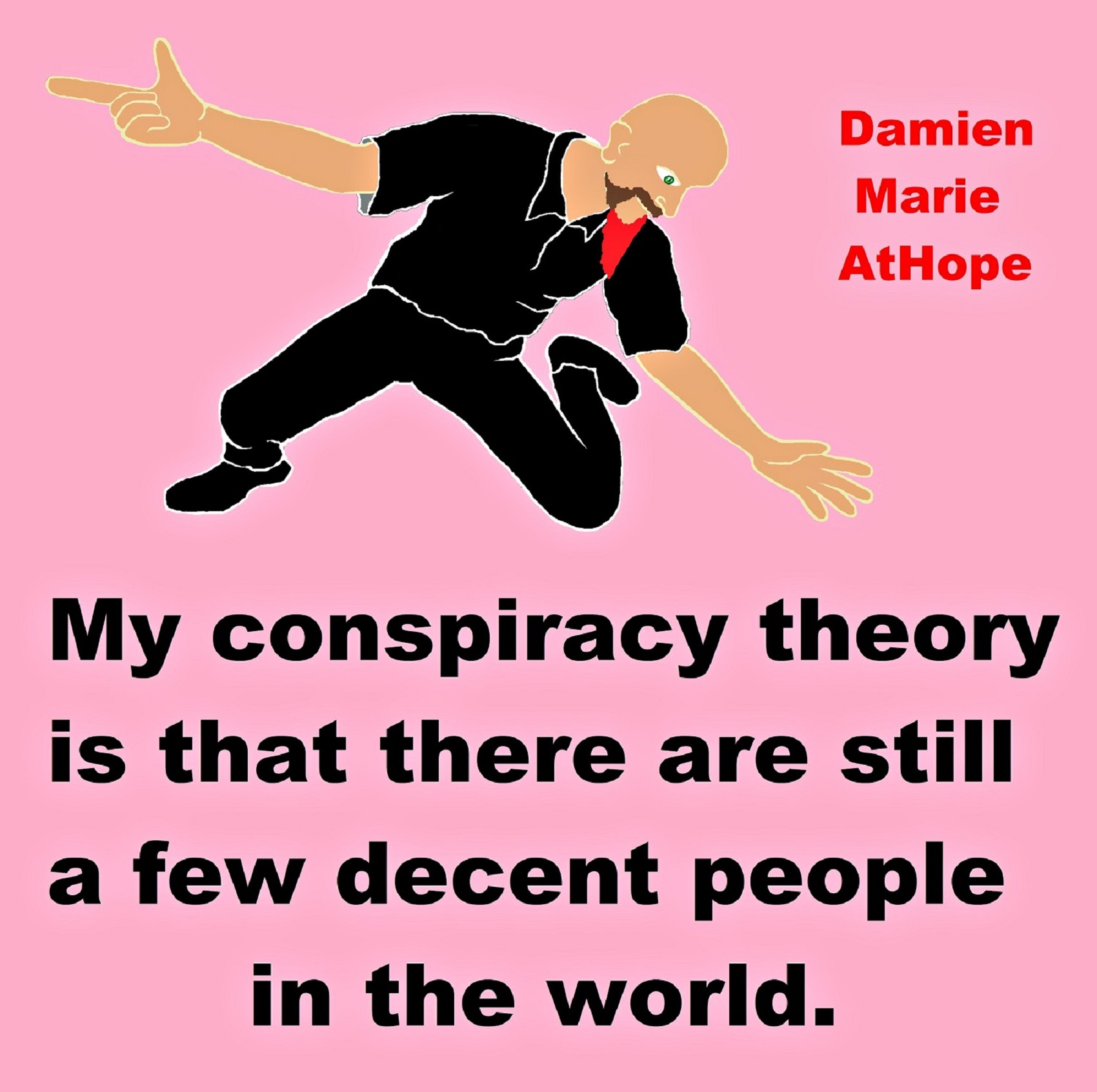
“Also I don’t believe in curses, however, if curses existed by definition then the person should probably be killed as they’d be a witch or a warlock. And you should always burn witches (only joking).” – Trump Troll
My response, I like others, and use moral reasoning. Moral reasoning applies critical analysis to specific events to determine what is right or wrong, and what people ought to do in a particular situation. Both philosophers and psychologists study moral reasoning. Moral reasoning is a study in psychology that overlaps with moral philosophy. Starting from a young age, people can make moral decisions about what is right and wrong; this makes morality fundamental to the human condition. Moral reasoning, however, is a part of morality that occurs both within and between individuals. https://en.wikipedia.org/wiki/Moral_reasoning
“Wow, that’s a lot of word salad.” – Trump Troll
“Based on empirical results from behavioral and neuroscientific studies, social and cognitive psychologists attempted to develop a more accurate descriptive (rather than normative) theory of moral reasoning. That is, the emphasis of research was on how real-world individuals made moral judgments, inferences, decisions, and actions, rather than what should be considered as moral.” https://en.wikipedia.org/wiki/Moral_reasoning
“So everything I do for myself according to you is moral and everything i do for others is immoral?” – Trump Troll
My response, Here is a more fully expressed thinking on my morality. https://damienmarieathope.com/2017/09/moral-fear-and-moral-love/?v=32aec8db952d
“I truly don’t get what that’s saying, it’s literally word salad. I can tell it’s written by a person trying to confuse someone and sound smart all at the same time.” – Trump Troll
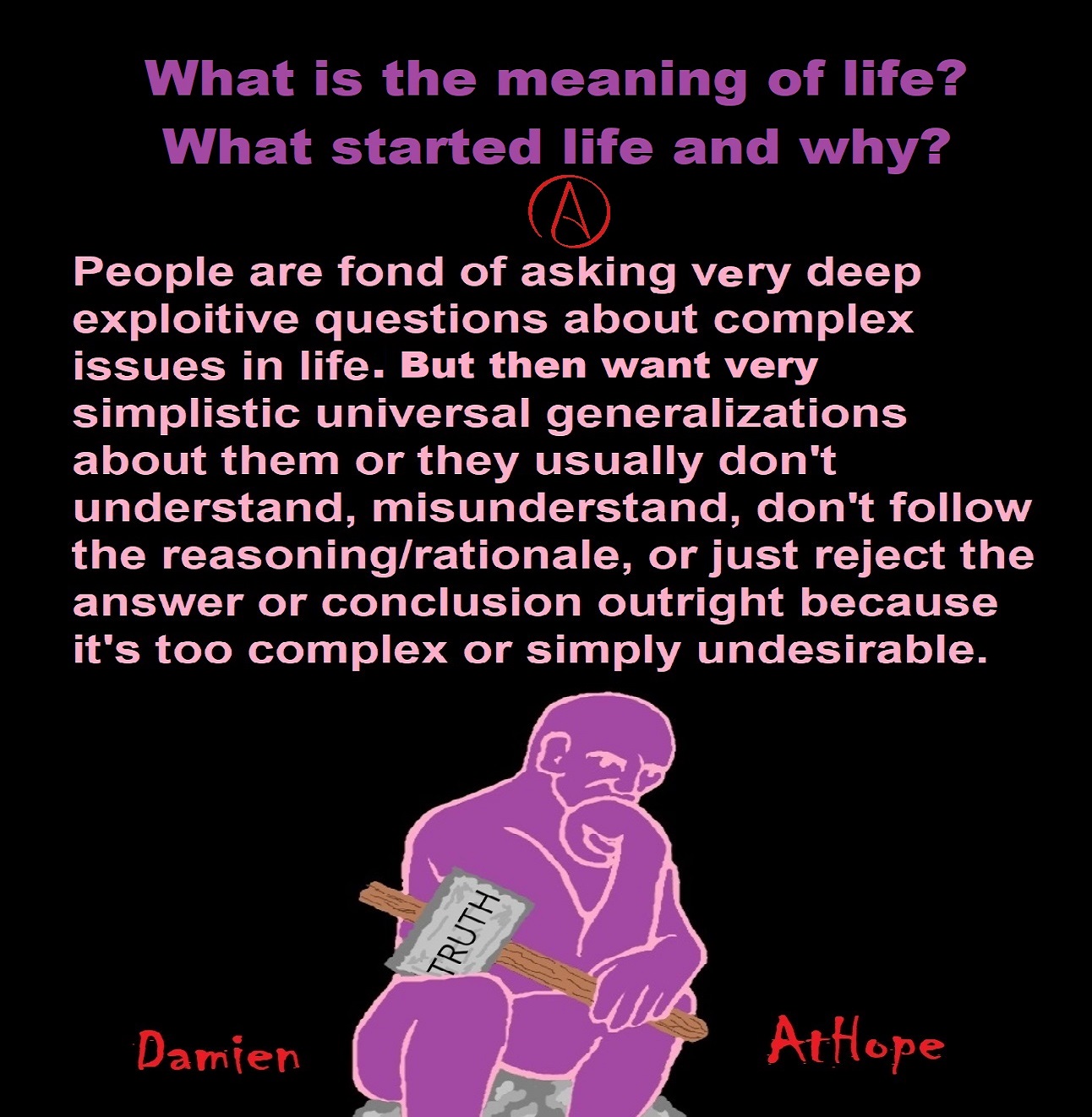
My response, In other words, you asked a complicated question and I responded thoughtfully and in response to this, you are trying to use logical fallacies? Are you intellectually honest? I expect more from someone claiming good ethical standards. shame on you. Correct this!
“Oh there’s the disconnect, I didn’t ask what morals are, I asked what yours are. I’m not asking for your train of thought, I’m asking is murder bad, is theft bad, is abortion bad, is stealing bad. A list or where you get them from, the jews, the Christians, the Greeks etc.” – Trump Troll
My response, Intellectual honesty is an applied method of problem-solving, characterized by an unbiased, honest attitude, which can be demonstrated in a number of different ways: One’s personal beliefs or politics do not interfere with the pursuit of truth; Relevant facts and information are not purposefully omitted even when such things may contradict one’s hypothesis; Facts are presented in an unbiased manner, and not twisted to give misleading impressions or to support one view over another; References, or earlier work, are acknowledged where possible, and plagiarism is avoided. Harvard ethicist Louis M. Guenin describes the “kernel” of intellectual honesty to be “a virtuous disposition to eschew deception when given an incentive for deception”. Intentionally committed fallacies in debates and reasoning are called intellectual dishonesty. https://en.wikipedia.org/wiki/Intellectual_honesty#:
“Lol of course you have a website named after you, authored after you and edited by you. I’d never guess that.” – Trump Troll
My response, I already gave you a full link of my ethics are you now denying this?
Moral fear and Moral love (which together motivate my axiological ethics)? https://damienmarieathope.com/2017/09/moral-fear-and-moral-love/?v=32aec8db952d
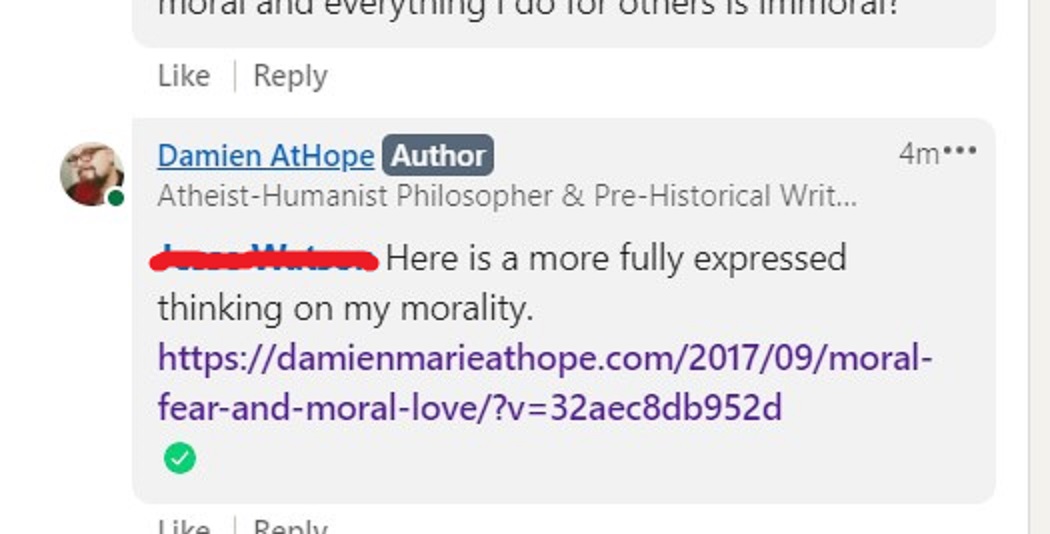
Moral fear and Moral love (which together motivate my axiological ethics)?
“Sometimes justice has to outweigh care and sometimes care has to outweigh justice.”
And one may ask or question how do you discern the appropriate morality course of action between what is ethically right? To me, it takes Axiology (i.e. value consciousness: value judgment analysis of ethical appropriateness do to assess value involved).
MORAL FEAR (fight or flight “justice perspective”):
To feel a kind of morality “anxiety” (ethical apprehension to potentially cause harm) about behaviors and their outcomes empathy (I feel you) or sympathy (I feel for you) about something moral that may be done, is being done, or that has been done, thus feeling of distress, apprehension or alarm caused by value driven emotional intelligence concern; moral/ethical anxiety to the possibility; chance (to do something as a moral thinker and an ethical actor) or dread; respect (to take the sensitivity of a personal moral choice that leads one to choose an ethical behavior(s) and grasping the moral weight of the actions involved and potential outcomes this engagement can or will likely create (using data from learning whether theoretical or practical to lessen the effect of an unpleasant choice as much as posable (morality development/awareness/goals/persuasion). “Moral Anxiety, improves us, while Social Anxiety kills. Some anxieties are indicators of healthy curiosity and strong moral fiber, while others are a source of severe stress. Knowing which is which can help you to navigate your personal, professional, and intellectual life more effectively.” Ref Moral fear thus is a kind of morality “anxiety” that motivates a fascinating aspect of humanity, which is that we hold ourselves to high moral standards. With our values and emotional intelligence and moral development, we gain a developed prosocial persuasion thus “tend to self-impose rules on ourselves to protect society from the short-term temptations that might cause us to do things that would have a negative impact in the long-run. For example, we might be tempted to harm a person who bothers us, but a society in which everyone gave in to the temptation to hurt those who made us angry would quickly devolve into chaos. And once we accept that emotion plays some role in complex decisions, it is important to figure out which emotions are influencing different kinds of choices. Therefore, when we make these moral judgments to an extent we are somewhat driven by our ability to reason about the consequences of the actions or are influenced by their emotions to or about the outcomes of the consequences of the actions.” https://www.psychologytoday.com/blog/ulterior-motives/201308/anxiety-and-moral-judgment
*ps. MORAL FEAR (fight or flight “consequentialist ethics/utilitarian ethics”) is roughly referring to the fight-or-flight response, also known as the acute stress response, refers to a physiological reaction that occurs in the presence of something that is terrifying, either mentally or physically. The fight-or-flight response (also called hyperarousal, or the acute stress response) is a physiological reaction that occurs in response to a perceived harmful event, attack, or threat to survival. An evolutionary psychology explanation is that early animals had to react to threatening stimuli quickly and did not have time to psychologically and physically prepare themselves. The fight or flight response provided them with the mechanisms to rapidly respond to threats against survival. This response is recognized as the first stage of the general adaptation syndrome that regulates stress responses among vertebrates and other organisms. The reaction begins in the amygdala, which triggers a neural response in the hypothalamus. The initial reaction is followed by activation of the pituitary gland and secretion of the hormone ACTH. The adrenal gland is activated almost simultaneously and releases the hormone epinephrine. The release of chemical messengers results in the production of the hormone cortisol, which increases blood pressure, blood sugar, and suppresses the immune system. The initial response and subsequent reactions are triggered in an effort to create a boost of energy. This boost of energy is activated by epinephrine binding to liver cells and the subsequent production of glucose. Additionally, the circulation of cortisol functions to turn fatty acids into available energy, which prepares muscles throughout the body for response. Catecholamine hormones, such as adrenaline (epinephrine) or noradrenaline (norepinephrine), facilitate immediate physical reactions associated with a preparation for violent muscular action and :
- Acceleration of heart and lung action
- Paling or flushing, or alternating between both
- Inhibition of stomach and upper-intestinal action to the point where digestion slows down or stops
- General effect on the sphincters of the body
- Constriction of blood vessels in many parts of the body
- Liberation of metabolic energy sources (particularly fat and glycogen) for muscular action
- Dilation of blood vessels for muscles
- Inhibition of the lacrimal gland (responsible for tear production) and salivation
- Dilation of pupil (mydriasis)
- Relaxation of bladder
- Inhibition of erection
- Auditory exclusion (loss of hearing)
- Tunnel vision (loss of peripheral vision)
- Disinhibition of spinal reflexes
- Shaking
The physiological changes that occur during the fight or flight response are activated in order to give the body increased strength and speed in anticipation of fighting or running. Some of the specific physiological changes and their functions include:
- Increased blood flow to the muscles activated by diverting blood flow from other parts of the body.
- Increased blood pressure, heart rate, blood sugars, and fats in order to supply the body with extra energy.
- The blood clotting function of the body speeds up in order to prevent excessive blood loss in the event of an injury sustained during the response.
- Increased muscle tension in order to provide the body with extra speed and strength. Ref, Ref
MORAL LOVE (tend and befriend “voice of care perspective”):
To me, this relates to care/caring ethics, which affirms the importance of caring motivation, emotion and the body in moral deliberation, as well as reasoning from particulars.This moral theory is known as “ the ethics of care” implies that there is moral significance in the fundamental elements of relationships and dependencies in human life. Normatively, care ethics seeks to maintain relationships by contextualizing and promoting the well-being of care-givers and care-receivers in a network of social relations. Most often defined as a practice or virtue rather than a theory as such, “care” involves maintaining the world of, and meeting the needs of, ourself and others. It builds on the motivation to care for those who are dependent and vulnerable, and it is inspired by both memories of being cared for and the idealizations of self. Following in the sentimentalist tradition of moral theory, care ethics affirms the importance of caring motivation, emotion and the body in moral deliberation, as well as reasoning from particulars. One of the original works of care ethics was Milton Mayeroff’s short book, On Caring, but the emergence of care ethics as a distinct moral theory is most often attributed to the works of psychologist Carol Gilligan and philosopher Nel Noddings in the mid-1980s. Though there are notable thinkers who express early strains of care ethics such as those that can be detected in the writings of feminist philosophers such as Mary Wollstonecraft, Catherine and Harriet Beecher, and Charlotte Perkins. Offering a general charged that traditional moral approaches contain a kinda of male bias, and asserted the “voice of care” as a legitimate alternative to the “justice perspective” of liberal human rights theory. Annette Baier, Virginia Held, Eva Feder Kittay, Sara Ruddick, and Joan Tronto are some of the most influential among many subsequent contributors to care ethics. Typically contrasted with deontological/Kantian and consequentialist/utilitarian ethics, is that of care ethics.
*ps. MORAL LOVE (tend and befriend “care ethics (ethics of care)/reciprocity (reciprocal altruism) ethics”) is similar to the fight or flight which is also only part of a bigger picture, according to Shelley Taylor, Ph.D., a psychology professor at the University of California, Los Angeles, and her colleagues. In the Psychological Review, as in evolutionary psychology, researchers describe how stress can elicit another behavioral pattern they call “tend and befriend”–especially in females. Tend-and-befriend is a behavior exhibited by some animals, including humans, in response to threat. It refers to protection of offspring (tending) and seeking out the social group for mutual defense (befriending), tend-and-befriend is theorized as having evolved as the typical female response to stress, just as the primary male response was fight-or-flight. This kind of gender determinism within the field is the subject of some controversy but I see it as to limited as well because we tend to use multiple sstrategiesto further sucuresafty depending of avalable resorces and if one regardless of gender persuasion is not able to either adequately defend themselves/or others (the fight part of fight or flight ) or is not able to either adequately flee a given threat (the flight part of fight or flight ) then other options such as The tend-and-befriend theoretical model was originally developed by Dr. Shelley E. Taylor and her research team at the University of California, Los Angeles and first described in a Psychological Review article published in the year 2000.
Here is a little on Care ethics and Reciprocal altruism
*Care ethics: is a normative ethical theory that holds interpersonal relationships and care or benevolence as a virtue as central to moral action. It is one of a cluster of normative ethical theories that were developed by feminists in the second half of the twentieth century. Here is a link to Feminist ethics. While consequentialist and deontological ethical theories emphasize universal standards and impartiality, ethics of care emphasize the importance of response. The shift in moral perspective is manifested by a change in the moral question from “what is just?” to “how to respond?”. Ethics of care criticize application of universal standards as “morally problematic since it breeds moral blindness or indifference.”
Some beliefs of the theory are basic:
- Persons are understood to have varying degrees of dependence and interdependence on one another. This is in contrast to deontological and consequentialist theories that tend to view persons as having independent interests and interactions.
- Those particularly vulnerable to one’s choices and their outcomes deserve extra consideration to be measured according to their vulnerability to one’s choices.
- It is necessary to attend to contextual details of situations in order to safeguard and promote the actual specific interests of those involved.
Care ethics contrasts with more well-known ethical models, such as consequentialist theories (e.g. utilitarianism) and deontological theories (e.g. Kantian ethics) in that it seeks to incorporate traditionally feminized virtues and values which, proponents of care ethics contend, are absent in such traditional models of ethics. While some feminists have criticized care-based ethics for reinforcing traditional stereotypes of a “good woman” others have embraced parts of this paradigm under the theoretical concept of care-focused feminism. Care-focused feminism is a branch of feminist thought, informed primarily by ethics of care as developed by Carol Gilligan and Nel Noddings. This body of theory is critical of how caring is socially engendered to women and consequently devalued. “Care-focused feminists regard women’s capacity for care as a human strength” which can and should be taught to and expected of men as well as women. Noddings proposes that ethical caring has the potential to be a more concrete evaluative model of moral dilemma, than an ethic of justice. Noddings’ care-focused feminism requires practical application of relational ethics, predicated on an ethic of care. Ethics of care is also a basis for care-focused feminist theorizing on maternal ethics. Critical of how society engenders caring labor, theorists Sara Ruddick, Virginia Held, and Eva Feder Kittay suggest caring should be performed and caregivers valued in both public and private spheres. Their theories recognize caring as an ethically relevant issue. This proposed paradigm shift in ethics encourages that an ethic of caring be the social responsibility of both men and women. Joan Tronto argues that the definition of the term “ethic of care” is ambiguous due in part to the lack of a central role it plays in moral theory. She argues that considering moral philosophy is engaged with human goodness, then care would appear to assume a significant role in this type of philosophy. However, this is not the case and Tronto further stresses the association between care and “naturalness”. The latter term refers to the socially and culturally constructed gender roles where care is mainly assumed to be the role of the woman. As such, care loses the power to take a central role in moral theory. Tronto states there are four ethical elements of care:
- Attentiveness
Attentiveness is crucial to the ethics of care because care requires a recognition of others’ needs in order to respond to them. The question which arises is the distinction between ignorance and inattentiveness. Tronto poses this question as such, “But when is ignorance simply ignorance, and when is it inattentiveness”? - Responsibility
In order to care, we must take it upon ourselves, thus responsibility. The problem associated with this second ethical element of responsibility is the question of obligation. Obligation is often, if not already, tied to pre-established societal and cultural norms and roles. Tronto makes the effort to differentiate the terms “responsibility” and “obligation” with regards to the ethic of care. Responsibility is ambiguous, whereas obligation refers to situations where action or reaction is due, such as the case of a legal contract. This ambiguity allows for ebb and flow in and between class structures and gender roles, and to other socially constructed roles that would bind responsibility to those only befitting of those roles. - Competence
To provide care also means competency. One cannot simply acknowledge the need to care, accept the responsibility, but not follow through with enough adequacy – as such action would result in the need of care not being met. - Responsiveness
This refers to the “responsiveness of the care receiver to the care”. Tronto states, “Responsiveness signals an important moral problem within care: by its nature, care is concerned with conditions of vulnerability and inequality”. She further argues responsiveness does not equal reciprocity. Rather, it is another method to understand vulnerability and inequality by understanding what has been expressed by those in the vulnerable position, as opposed to re-imagining oneself in a similar situation. Ref
Reciprocal altruism: (the evolution of cooperation)is a social interaction phenomenon where an individual makes sacrifices for another individual in expectation of similar treatment in the future. Originally introduced as a concept by biologist Robert Trivers, reciprocal altruism explains how altruistic behavior and morality can arise from evolutionary causes, as evolution selects for the best possible game theory results. If the benefit is higher than the initial cost, then multiple reciprocal interactions can actually out-compete more “greedy” forms of relationships, thus providing an evolutionary incentive for altruistic behavior. At the same time (and in opposition to unlimited altruism), reciprocity ensures that cheaters are also harmed when they choose to do so and are gradually made less fit as a result of their own behavior. Modern ethnology seems to support at least part of this hypothesis, as many societies on all continents have developed highly complex forms of gift economy where gifts are given with no immediately obvious material return, but the implicit societal expectation of “repayment” in gift form at some later point in time. Amazingly, those societies work. The custom of giving gifts for birthdays in the West may be seen as a remnant of this. It’s not uncommon for someone to engage in this behavior with the object of their affection, i.e. being nice to them with the expectation of a sexual relationship. Since a lot of these situations tend to involve lonely, single straight men, the common term for this is “Nice Guy” — in other words, the suitor’s claim “but I’m a nice guy…” translates to “I went through all the motions and she still won’t sleep with me.” As a general rule, this is not an effective strategy, and often even drifts into stalking behavior. Women who engage in the same behavior do not get as much attention but are still known (naturally) as Nice Girls. Either way, such people are seldom actually nice, and frequently come off as manipulative and bitter without realizing it. The fallacy lies in their equating sexual relationship with being nice – if their expectation of tit for tat was actually equal, aka being nice for being nice and being honest for being honest (which they, coming into relationship with entirely different expectations than they communicate, fail at), they wouldn’t face such a problem. Ref
I see my Axiological driven morality to involve an enmeshed union of both:
fight or flight “justice perspective” and a tend and befriend “voice of care perspective”
Helping is Helpful: Valuing, Motivating, Supporting
How to Grow in Our Positive Outcomes: Gratitude, Empathy, and Kindness
We can become a more quality person by actively being aware and developing a gratitude for life, which supports as well as grows our feelings of empathy, that then motivates the behavior of kindness.
Universal ethics?
There are several ethical standards that are considered to be self-evident and seem to apply to all people throughout all of history, regardless of cultural, political, social, or economic context. The non-aggression principle, which prohibits aggression, or the initiation of force or violence against another person, is a universal ethical principle. My Examples of aggression include murder, rape, kidnapping, assault, robbery, theft, and vandalism. On the other hand, the commission of any of such acts in response to aggression does not necessarily violate universal ethics. There are obvious reasons why universal ethics are beneficial to society. For example, if people were allowed to kill or steal, this would lead to widespread chaos and violence and would be detrimental to the well-being of society. Most people agree that it’s better to prohibit aggression than to allow everyone to commit it. Therefore, aggression is intrinsically immoral. Although nearly all societies have laws prohibiting aggression, this does not mean that universal ethics are necessarily reflected by that society’s government or its dominant ideology. Universal ethics does not mean the imposition of one set of morals by one group on another. It means a shared way or means of reaching a consensus on norms and values that also accepts diversity. A shared understanding of what is right and what is wrong. In any circumstance or situation, we can start by examining the present state of affairs. This should be done with the aim of gaining an understanding of other cultural differences, history, and tradition, remembering that an explanation is not necessarily a justification. Next, what is the minimum that is acceptable? There has to be an acceptance that some disagreements cannot be resolved at that time. The aim is to change the present situation for the better. Once an acceptable minimum is reached, it is possible to work towards an eventual ideal state. We are all one community and we are all responsible for upholding human rights for each other. More than ever there is a need for agreement on the existence of universally held values and the content of those values. It may prove to be impossible to find one set of universal ethical principles that apply to all cultures, philosophies, faiths and professions but the destination is only part of the journey. The value lies in the search for principles that can be shared by all and can underpin the framework for global dialogue on ethical issues. A universal moral code might be a set of underlying dispositions we are all born with. Or it might be a set of explicit norms and values humans might one day universally accept. But a more important sense of ‘universal moral code’ is of a set of moral values that is universally valid, whether or not it is inscribed in our brains, or accepted by people. Of course, that is a very controversial idea. If there is such a universal moral code, then we have an imperative to try to discover it, and to make it universally accepted (to make it a moral code in the descriptive sense). But this requires thinking hard about ethics, not looking for some code that might or might not be written into our brains. Ref Ref Ref
1.Values (morality motivations): are a amalgam of personal, family, local or extended group environmental, religious and/or cultural content etc. we are what we eat we are the knowledge we consume and the ideas we are sounded by. Values to me thus are self driven ideals others influenced. I like to think myself out of the matrix though if I would have grown up in china would I not be a different me. Born rich and loved as a child be different or adopted be Angelina Jolie be forever changed. Or the love child of Jeffry Dahmer or Mahatma Gondi would I still be the same me with the same values? I think not. Values are not fixed they change throughout one’s lifetime they can be absolute or relative, the assumption of which can be the basis for any sort of chosen action. Thus, a value system is a set of consistent values and measures one chooses because of their connectedness to chosen ideals. Values to me can be a foundation upon which other thinking streams and measures of ideal integrity are based. Those values which are not physiologically determined and normally considered objective, such as a desire to avoid physical pain, seek pleasure, etc., are considered subjective, vary across individuals and cultures and are in many ways aligned with belief and belief systems only truth to a set of people.
2.Morals (personal morality): are not held by all in the same way since all are not held to Orthodox faith and though most start with good and bad or right and wrong values, which usually are personally, familially, socially or religiously give or in some way otherworldly defined, thus not universal.
3.Ethics (public morality): Ethics are not constrained by a given religion’s value systems to motivate its ideas of right and wrong instead it relies on universal truths found in universal principles of just human action. Ethics is set standers uses to personally engage with others and universal truths assist goals of universal ethics standards. Thus, ethics are general prosocial prescription we as morality aware beings in a rather universal way tend to have some awareness of and it is not just an awareness as in one who holds to ethics often get it applies to all peoples. Some may wish to devalue people but to do so is not really unethical, though often it can lead to unethical behavior. So what I am trying to highlight is how in the behaviour that the ethics violation could occur as the internal attitude of devaluing others would only be a possible morals violation such as one who valued virtue and not getting it but failing by the persuasion of devaluing the life of other humans. This simple internal devaluing of humans, that they may be doing is vile. But ethics would not be involved until public behaviors with others, as such ethics is not so much a persuasion as an adherence to a standard(s) that should cover all thus it is highly applicable to utilize in environmental decision making.
In general I am a Universal Ethicist?
I am a Universal Ethicist holding the value of universal ethical principles and a Universal Declaration of Human Rights as a moral doctrine, a justice reasoning not for or by any mythology or toads direct opposition to any religion or faith in goddess or gods (Kuhmerker, Gielen, & Hayes, 1994). Universal ethicists is one who draw from collective values, no matter what country or varied cultures, claim that what is acceptable generally are common ethical standards that can be used to judged moral behaviors regardless of location (Newton, 2009). Universal ethical principles are a form of natural and rational moral code for all humankind not fixed or proclaimed by moral prophets or the founders of the world’s religions (Foldvary, 1980). What Universal ethical principles and a Universal Declaration of Human Rights are is a strict standard of freedoms, justus and principles applicable to all. Such values extend to all children and adult alike having the same rights. All rights are interconnected and of equal importance (United Nations International Children’s Emergency Fund, 2008). A Universal Ethicist Universal Declaration of Human Rights holds recognition of the inherent dignity and of the equal and inalienable rights of all members of the human family is the foundation of freedom, justice and peace in the world (United Nations, 2008). A Universal Ethicist value of universal ethical principles is different to religious proclaimed moral codes because universal ethical principles is ethical codes to set all free to believe and live as they wish but strive to do no harm and applicable to all humankind whether religious or not (Foldvary, 1980).
Universal Ethics?
Here are the universal principles of Social/Global Ethics:
*Global justice (as reflected in international laws)
*Society before self / social responsibility
*Environmental stewardship
*Interdependence & responsibility for the ‘whole’
*Reverence for place
Here are the universal principles of Professional/ Political Ethics:
*Impartiality; objectivity
*Openness; full disclosure
*Confidentiality
*Due diligence / duty of care
*Fidelity to professional responsibilities
*Avoiding potential or apparent conflict of interest
Here are the universal principles of Personal Ethics:
*Concern for the well-being of others
*Respect for the autonomy of others
*Trustworthiness & honesty
*Willing compliance with the law (with the exception of civil disobedience)
*Basic justice; being fair
*Refusing to take unfair advantage
*Benevolence: doing good
*Preventing harm (Colero, n.d.).
But What Good is a Set of Principles?
There are many tools for decision making, but few (secular) guides to indicate when situations might have an ethical implication. Yet this awareness is a crucial first step before decisions are made. Recognizing the moral context of a situation must precede any attempt to resolve it. Otherwise, what’s to resolve? Ethical dilemmas rarely present themselves as such. They usually pass us by before we know it or develop so gradually that we can only recognize them in hindsight – a little like noticing the snake after you’ve been bitten. But what are the signs that a snake might be present? An ethical framework is like a ‘snake detector’. I offer the following principles as landmarks – generic indicators to be used as compelling guides for an active conscience. They are NOT absolute rules or values. They are more like a rough measurement where an exact one is not possible. They often conflict with each other in practice, and some will trump others under certain circumstances. But as principles that need to be considered, they appear constant. These principles are compatible with the argument that we should simply follow our intuition and rely on the ‘inner voice’. However, that voice is not always audible, and today’s society presents a wide range of complex circumstances that require more guidance than simply ‘concern for others’ or ‘does it feel right?’ And so these principles are offered effectively as a more detailed reference. In a sense, the principles are outcomes of the mother of all principles – unconditional love and compassion – which appears in virtually all faiths, and is expressed here as ‘concern for the well-being of others’. (This principle is at the heart of the stakeholder model of ethics, i.e. what is my impact on others?) At first glance, they will appear obvious and perhaps trite or simplistic. Keep in mind that they are meant to be practical rather than groundbreaking, and that many people have found them useful in the absence of other guides.
“Universal ethics: there are several ethical standards that are considered to be self-evident, and seem to apply to all people throughout all of history, regardless of cultural, political, social, or economic context. The non-aggression principle, which prohibits aggression, or the initiation of force or violence against another person, is a universal ethical principle. Examples of aggression include murder, rape, kidnapping, assault, robbery, theft, and vandalism. On the other hand, the commission of any of such acts in response to aggression does not necessarily violate universal ethics. There are obvious reasons why universal ethics are beneficial to society. For example, if people were allowed to kill or steal, this would lead to widespread chaos and violence, and would be detrimental to the well-being of society. Most people agree that it’s better to prohibit aggression than to allow everyone to commit it. Therefore, aggression is intrinsically immoral. Although nearly all societies have laws prohibiting aggression, this does not mean that universal ethics are necessarily reflected by that society’s government or its dominant ideology. In ethics, a ‘universal code of ethics’ is a system of ethics that can apply to every sentient being.” Ref
I am against all violence that is not self-defense or other-defense as I am for non-aggression.
I am an Atheist for Non-Aggression. I am not nor have I ever said I was a pacifist, I am for striving to minimize aggression or violence and do believe violence can be justified in self-defense and other-defense.
Here is My “Anarcho-Humanist” Non-Aggression-Axiom
My anarcho-humanist non-aggression-axiom is centered on the acknowledgment, respect, and support for every human’s self-ownership. This honor of self-ownership of my fellow humans including an ever-present respect for other people who are fellow “dignity beings” which also have self-ownership rights just like me and are equal in human worth. My anarcho-humanist non-aggression-axiom is a humanistic call for Anti-Violence, Anti-Spanking, Anti-Circumcision, Anti-Bullying, Anti-Violence, Anti-sexual Violence, Anti-child maltreatment, Anti-animal cruelty, Anti-Domestic Violence, and Anti-Verbal Violence (Threats, Character Assassination, Intimidation), Pro-Ethics, Pro-Body Sovereignty, Pro-Empathy, and Equality. Let positive change begin with me, for I realize I am responsible for there is no god to save us or protect us. For those who think attacking religion is some kind of Character Assassination because its people that are religious. You are confused because character assassination is attacking people with abusive name calling not confronting religion dishonesty. Character Assassination is not being justifiably mentally aggressive as in one challenging, holy figures, gods, religions, myths, superstitions, beliefs, or deluded or misinformed ideas. Character Assassination is not meaning strong stances, an aggressive challenge in rational arguments, or pitilessly exposing injustice, harm or oppression. It is our passion and an honored chosen duty to promote Non-Aggression and speak the truth of atheism and ethical behavior so people don’t stay misinform abused or oppressed. I value anti-violence (I am not a pacifist at all, I am actually a fighter by nature) unless the aggression or violence is for direct self-defense or other-defense. Let it begin with me. States may often have powers, but only citizens have the glue of morality we call rights. And, as they say, in my “dream society”, lots of things are free (aka. planting free food everywhere, free to everyone); but I wonder what you mean when people say you can’t just let things be free, I think, yeah, how can I take free stuff from a free earth.
Anarcho-Humanism, to me, is atheistic humanism with an unconditional social awareness:
Anarcho (anarchism): “No Gods – No Masters”
Humanism: “No Harm – Do Good”
Rationalism, Freethinker, Humanism & Secular humanism?
My core definition of humanism is that humans can solve human problems by human means. I am not saying other things can’t or shouldn’t be added to it but to me a definition of humanism must always contain something coherent to such a thinking or not contradict such as I have offered. Thus, why it is appropriate to say “good without god” when one is a humanist.
Confusions in Atheism and Humanism
Categories and Versions of Humanism
Using a universal declaration of ethical principles to build a better world?
The Universal Declaration of Ethical Principles for Psychologists describes ethical principles based on shared human values across cultures. It reaffirms the commitment of the psychology community to help build a better world where peace, freedom, responsibility, justice, humanity, and morality will prevail. It also provides: (a) a shared moral framework for psychology to speak with a collective voice on matters of ethical concern; (b) a moral guideline to identify harmful aspects of societal changes, and to advocate for social changes that benefit to all persons and all peoples; (c) a global consensus on the fundamental attitude toward good and evil, and on the basic guiding ethical principles for decisions and actions; (d) a tool to help psychologists to focus on ethical thinking and behavior across all aspects of professional and scientific activities; and (e) an inspiration to strive toward the highest ethical ideals as psychologists and citizens of the world. Like the Universal Declaration of Human Rights proclaimed in 1948 by the General Assembly of the United Nations, the promotion of the Universal Declaration of Ethical Principles for Psychologists will have a significant influence in time on the creation of a safer, more just and more prosperous world. All professionals and laypersons that provide community mental health services around the world are citizens of the world. Mental health providers who adhere to ethical principles in their work within the world’s many different countries and cultures contribute to a stable society which enhances the quality of life for all human beings. Together, by participating in the promotion of ethical principles such as those in the Universal Declaration of Ethical Principles for Psychologists, mental health providers can make a significant contribution to global human rights and to building a global society based on respect and caring for persons and peoples. Ethics and human rights: strengthening and complementing each other, There is a clear and strong link between the articulation of professional ethics and of human rights. Both share two fundamental goals: the protection of society from harm and the enhancement of the quality of life of its members. Both rely on recognized moral imperatives to achieve their goals. In 1948, in the aftermath of WWII and before the development of ethics codes in psychology, the United Nations proclaimed the Universal Declaration of Human Rights for the endorsement of all nations to maintain human rights and to protect their peoples from harm. In 2008, sixty years later, in an increasingly globalized world, the International Union of Psychological Science and the International Association of Applied Psychology adopted the Universal Declaration of Ethical Principles for Psychologists. This latter declaration commits psychologists worldwide to be guided by fundamental ethical principles of respect and caring in all of psychology’s interactions with persons and peoples. There is a high level of congruence between the ethical principles and values recognized in the Universal Declaration of Ethical Principles for Psychologists and the moral imperatives underlying the Universal Declaration of Human Rights. However, there are differences in language, concept, structure and emphasis between the two documents. These differences strengthen and complement each other. Here are some examples:
(1) For example, with regard to framework, the Universal Declaration of Human Rights is written for nations and defines human entitlements to be promoted and protected by all nations. On the other hand, the Universal Declaration of Ethical Principles for Psychologists is intended to be applied to professional relationships and emphasizes respect and caring for individuals as well as for families, groups, and communities, with the aim of addressing the balance between the individual and the communal, and allowing for appropriate differences in the interpretation, for example, of such ethical concerns as informed consent, confidentiality, privacy, professional boundaries, and ethical decision-making across cultures.
(2) For example, with regard to language, the Universal Declaration of Human Rights is more specific and prescriptive because it defines human entitlements to be promoted and protected. In contrast, the Universal Declaration of Ethical Principles is more aspirational and inspirational in nature because it describes ethical principles based on shared human values across cultures. It is not meant to be a worldwide code of ethics or a code of conduct that would be agreed upon and adhered to in all countries.
(3) For example, with regard to concept, it is noted that the term ‘‘human rights’’ does not appear anywhere in the Universal Declaration of Ethical Principles for Psychologists. The reason is that the term is taboo or negatively perceived in some parts of the world and its use in the Universal Declaration would not have been endorsed in those regions. This is not to say, of course, that the Universal Declaration ignores ‘‘human rights’’. Nothing would be further from the truth. Actually, it does speak to human rights, but it does it without ever using the term ‘‘rights’’ or ‘‘human rights’’. For example, under Principle I, we have ‘‘non-discrimination’’. This is the right to ‘‘equality’’. We also have ‘‘fair treatment/due process’’. This is the right to justice.
(4) For example, with regard to structure, the Universal Declaration of Human Rights is structured around 30 articles that are specific and prescriptive in terms of content because it defines specific human entitlements to be promoted and protected. On the other hand, the Universal Declaration of Ethical Principles is structured around ethical principles because its purpose is to highlight shared human values across cultures. For fear of being criticized for being too generic, earlier drafts of the Universal Declaration of Ethical Principles included under each ethical principle articles which were aspirational in nature, but which also focused on the fundamental values contained in the principle. The concept of articles was later abandoned because it was a source of confusion for some psychologists who tended to see the document as a universal code of ethics that would not be relevant globally rather than a universal declaration of ethical principles.
Reference: Ethical principles and human rights: Building a better world globally. – Janel Gauthier
Counselling Psychology Quarterly, Volume 22, Issue 1, 2009
“Again your website is word salad. Perhaps not make your cover photo a shirtless photo of you and people would take you seriously. “To feel a kind of morality “anxiety” about behaviors and their outcomes” so you’re saying if I feel anxiety then it’s moral? Man you really aren’t making any sense. So you get your morals from a teacher at a college in California? Does she have it listed out?” – Trump Troll
My response, So again you are trying to point the attack to me personally as an intellectually dishonest person would. And you sem again to be trying to use a poison the well fallacy? Sad unethical behavior, what the dishonest thinkers do and it only further that you don’t seem to value being intellectually honest in all you do. Stop disrespecting your integrity in such a shameful way. “Poisoning the well (or attempting to poison the well) is a type of informal fallacy where adverse information about a target is preemptively presented to an audience, with the intention of discrediting or ridiculing something that the target person is about to say. Poisoning the well can be a special case of argumentum ad hominem.” https://en.wikipedia.org/wiki/Poisoning_the_well
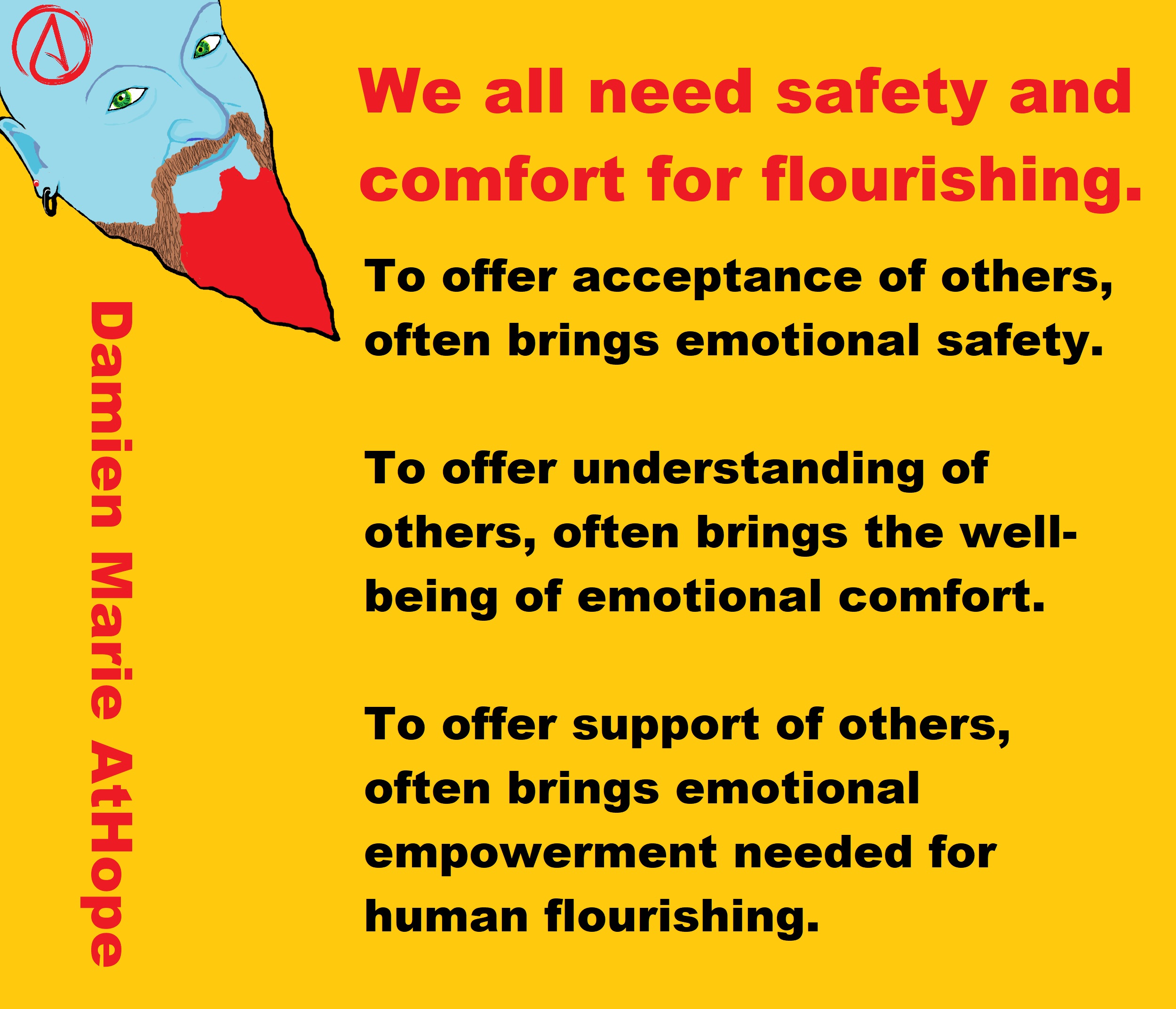

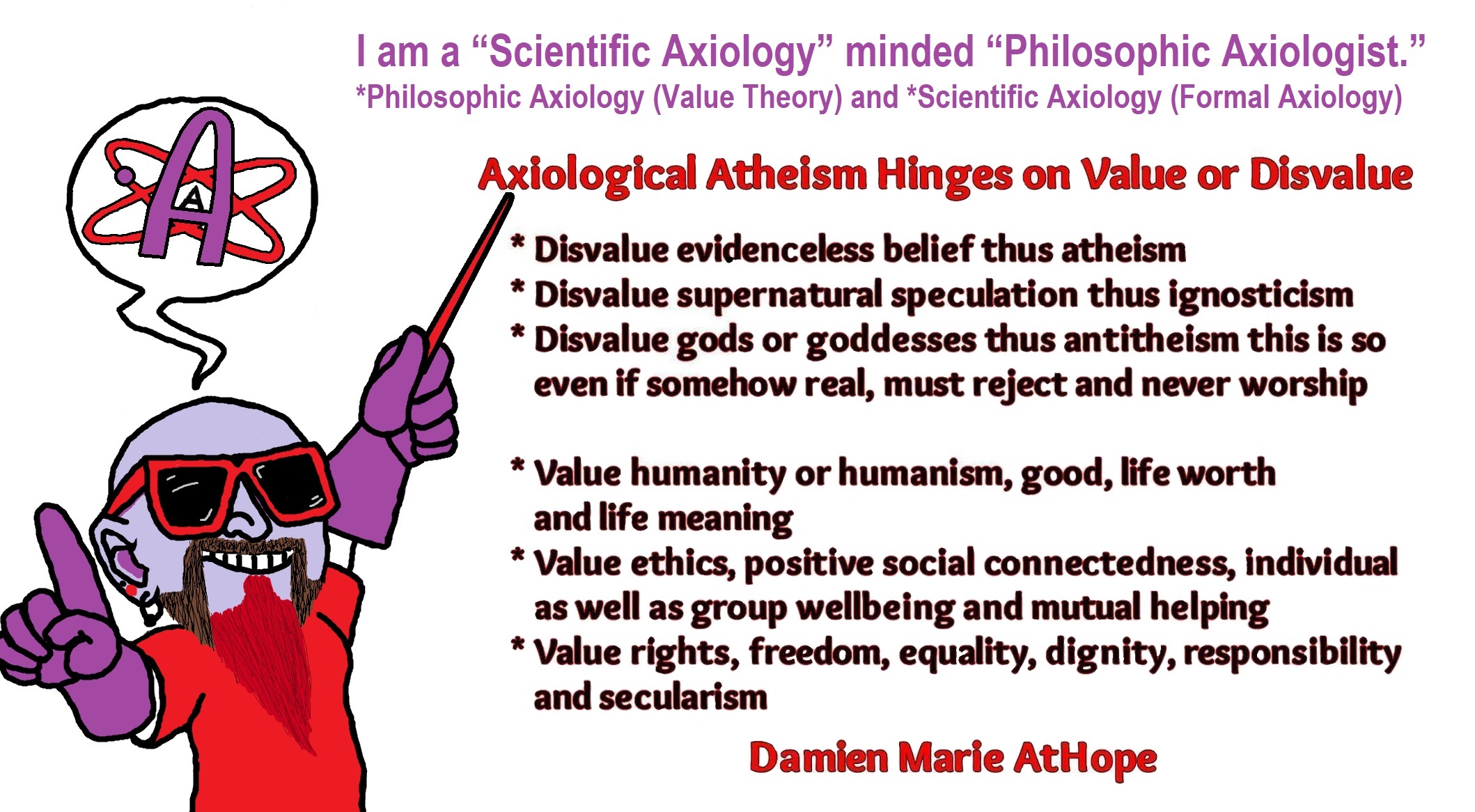
“No, I’m not, I asked several times and you gave me a word salad. I asked where you get your ethics from and you gave me about 4 paragraphs of nothing. Once you pointed out your website, it opened me up to the type of person you are and I now take you less seriously. I have nothing against the way you are or the way you choose to live your life. I just stated the obvious, no one is going to take you seriously with a shirtless photo. Didn’t say anything about anything else. I would also not recommend naming your website after yourself and I don’t see any links to any of your publishing’s so I don’t are how you’re an “author.” – Trump Troll
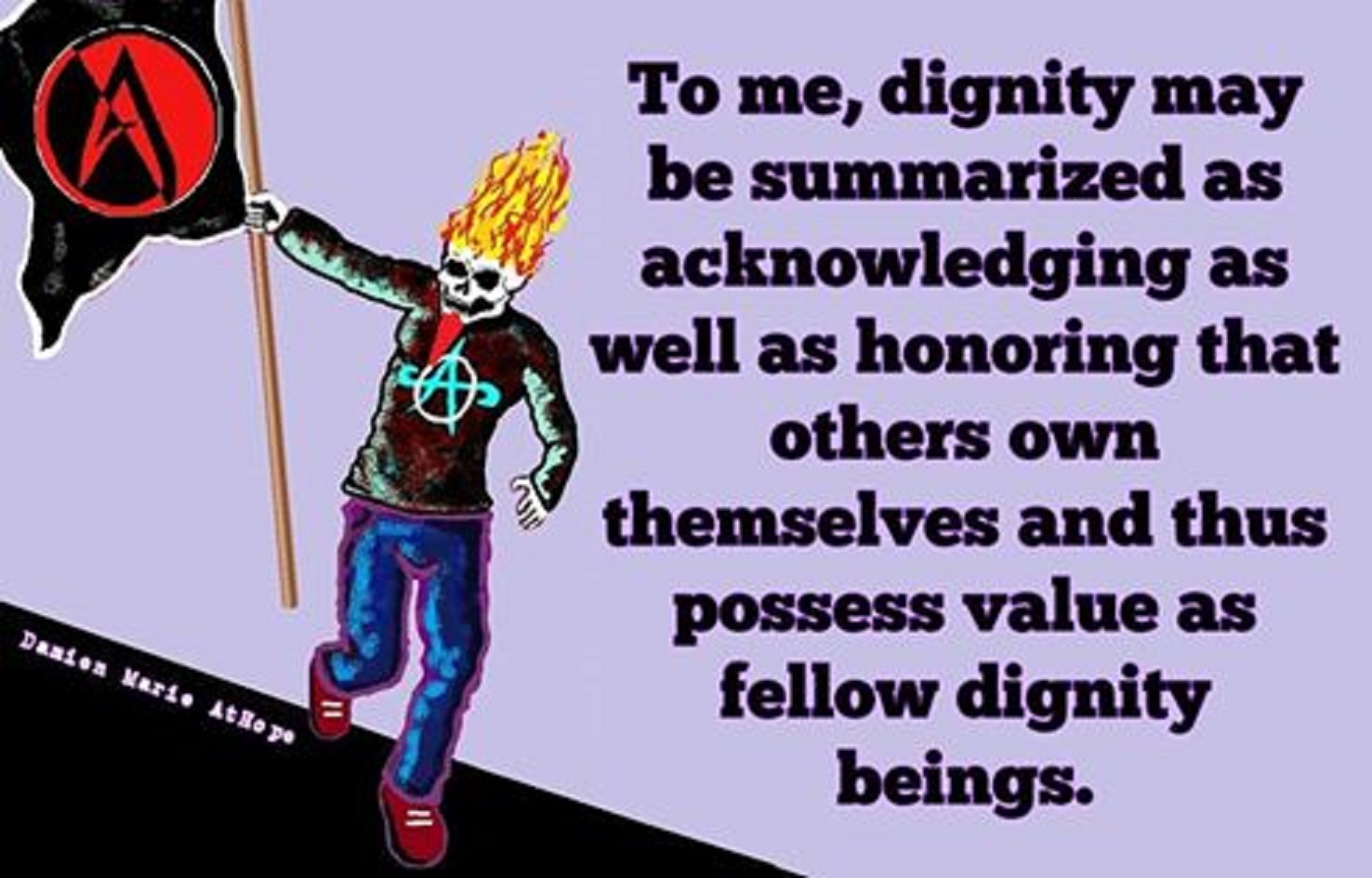
“Man, you got word salad for days don’t you? You sure you ain’t a reverend?” – Trump Troll
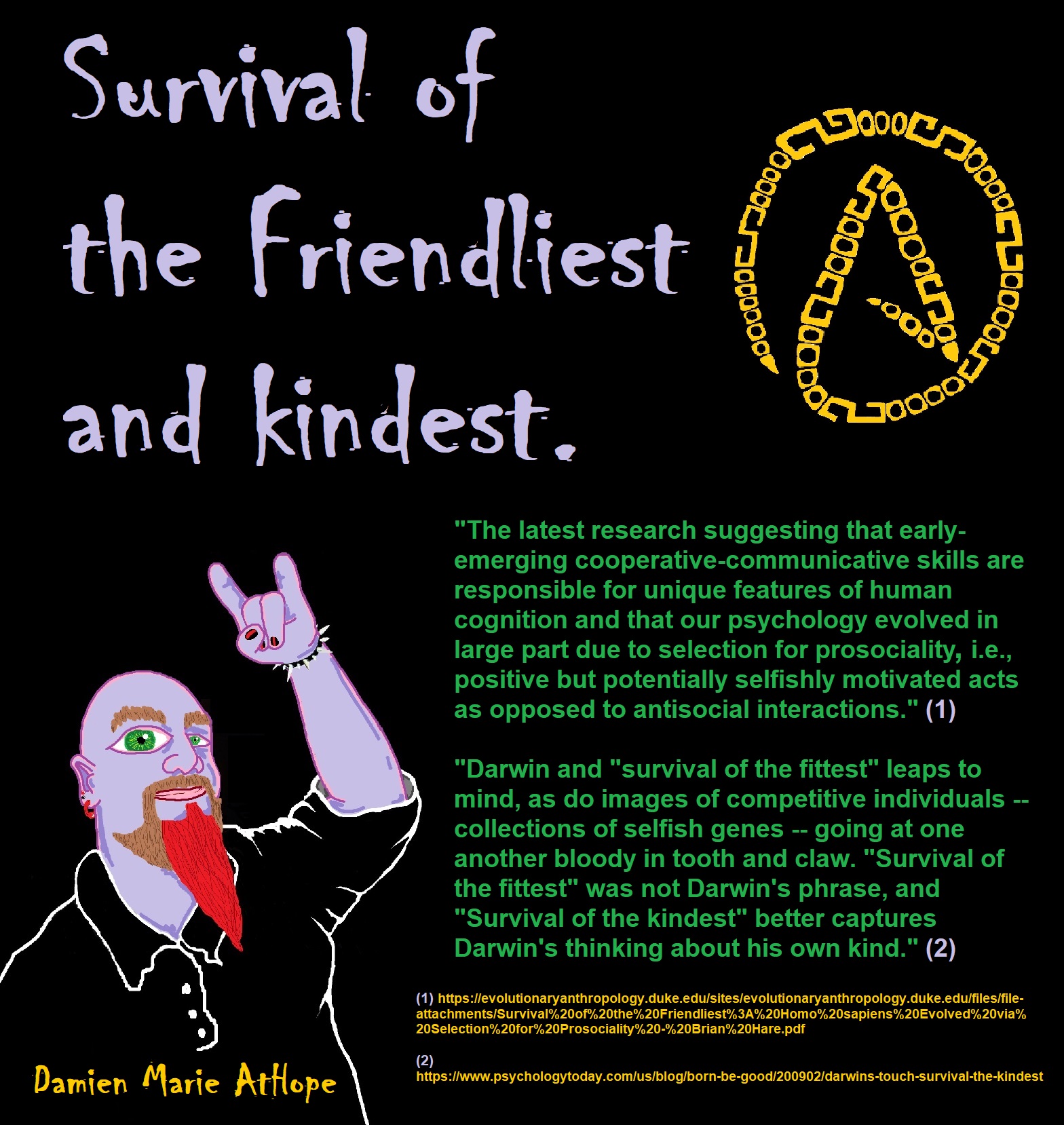
“You almost never use less than 4 letter words lol.” – Trump Troll
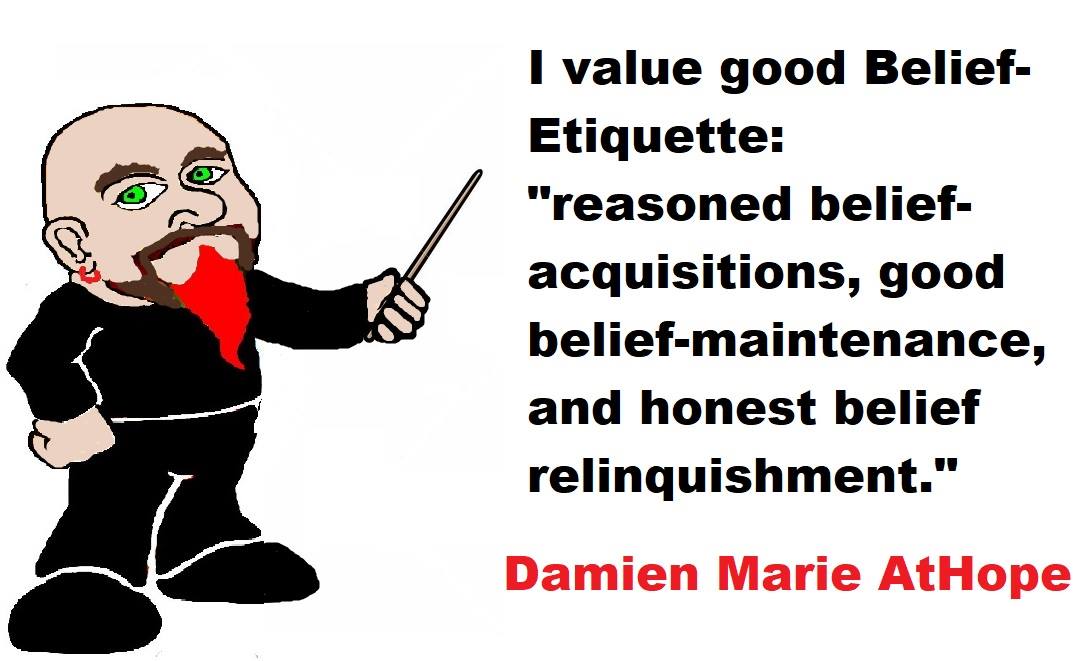
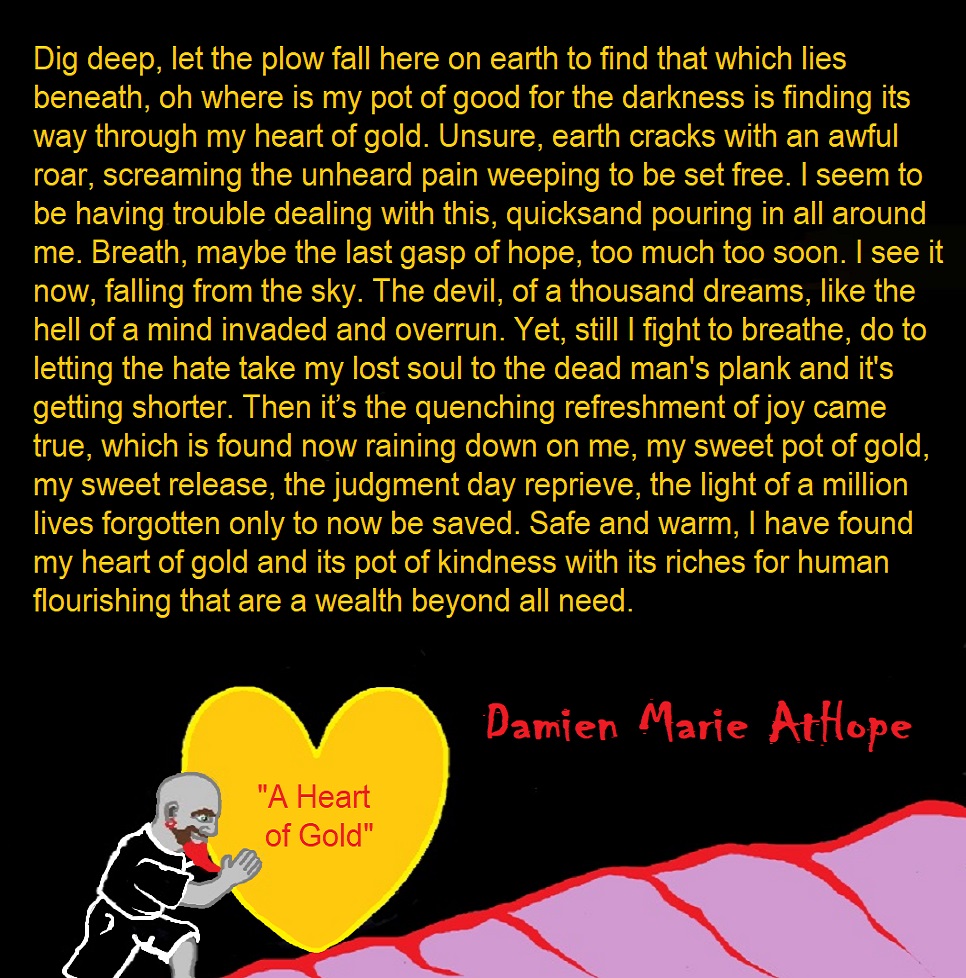
“Back to my real question though, were any votes this year mistakenly given to someone changing the outcome of an election which was then fixed resulting in a different winner? And if so, what political parties was it?” – Trump Troll
So not going to apologize for your logical fallacies if not I will just block you as you will not act this way on my profile as a complete stranger trolling my post.
“No, I’m not attacking you personally. It is my professional opinion. This is business nothing personal. I wouldn’t go into a job interview without a shirt on as it’s not professional. Nor would I preach without a shirt on as no one would take em seriously. My professional, not personal, option is to take a picture of you with a shirt on and use that and perhaps folks like me would take you more seriously.” – Trump Troll
My response, You are using logical fallacies and thus are acting intellectually dishonest. Your lack of understanding real morality and all the things involved is not any proof that what I shared is wrong as you think too many words, that is unreasoned rhetoric nonsense, meant as an unethical attempt to control the argument that you can beat without using logical fallacies.
Moral Anxiety and Moral Agency “A familiar feature of moral life is the distinctive anxiety that we feel in the face of a moral dilemma or moral conflict. Situations like these require us to take stands on controversial issues. But because we are unsure that we will make the correct decision, anxiety ensues. Despite the pervasiveness of this phenomenon, surprisingly little work has been done either to characterize this “moral anxiety” or to explain the role that it plays in our moral lives. This chapter aims to address this deficiency by developing an empirically informed account of what moral anxiety is and what it does.” https://oxford.universitypressscholarship.com/view/10.1093/acprof:oso/9780198744665.001.0001/acprof-9780198744665-chapter-9
Anxiety and Moral Judgment: Anxiety influences complex moral decisions https://www.psychologytoday.com/us/blog/ulterior-motives/201308/anxiety-and-moral-judgment
My response, I am waiting for the honor your claim of Christian ethics should inspire you are honest right than admit your failure in using logical fallacies and acting in this unethical way OR I WILL BLOCK YOU.
“Lol, what logical fallacies? Are you a logician now as well as a philosopher? A logical fallacy would be people without shirts on arent taken seriously, I want to be taken seriously, therefore I won’t wear a shirt.” – Trump Troll
My response, So you keep doing logical fallacies like a dishonest thinker would, so bye. Ad hominem (Latin for ‘to the person’), short for argumentum ad hominem, is a term that refers to several types of arguments, most of which are fallacious. Typically this term refers to a rhetorical strategy where the speaker attacks the character, motive, or some other attribute of the person making an argument rather than attacking the substance of the argument itself. This avoids genuine debate by creating a diversion to some irrelevant but often highly charged issue. The most common form of this fallacy is “A makes a claim x, B asserts that A holds a property that is unwelcome, and hence B concludes that argument x is wrong”. https://en.wikipedia.org/wiki/Ad_hominem
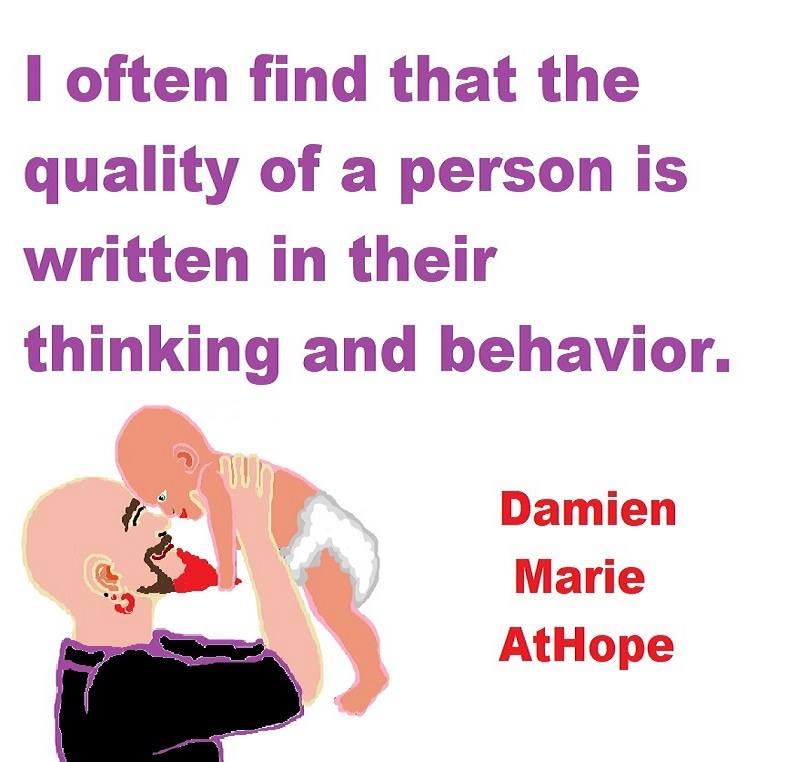

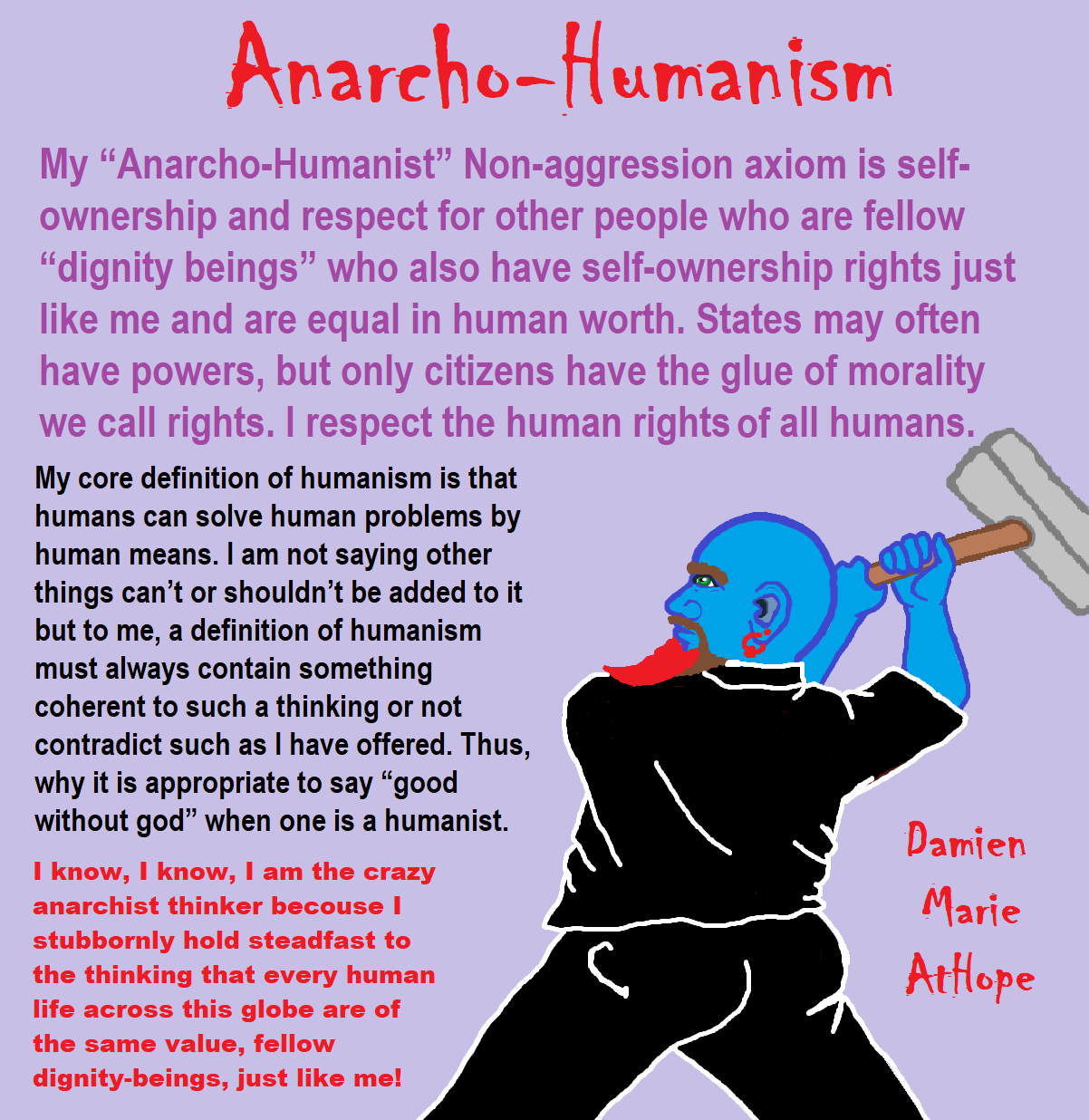


While hallucinogens are associated with shamanism, it is alcohol that is associated with paganism.
The Atheist-Humanist-Leftist Revolutionaries Shows in the prehistory series:
Show two: Pre-animism 300,000 years old and animism 100,000 years old: related to “Anarchism and Socialism”
Show tree: Totemism 50,000 years old: related to “Anarchism and Socialism”
Show four: Shamanism 30,000 years old: related to “Anarchism and Socialism”
Show five: Paganism 12,000 years old: related to “Anarchism and Socialism”
Show six: Emergence of hierarchy, sexism, slavery, and the new male god dominance: Paganism 7,000-5,000 years old: related to “Anarchism and Socialism” (Capitalism) (World War 0) Elite and their slaves!
Prehistory: related to “Anarchism and Socialism” the division of labor, power, rights, and recourses: VIDEO
Pre-animism 300,000 years old and animism 100,000 years old: related to “Anarchism and Socialism”: VIDEO
Totemism 50,000 years old: related to “Anarchism and Socialism”: VIDEO
Shamanism 30,000 years old: related to “Anarchism and Socialism”: VIDEO
Paganism 12,000 years old: related to “Anarchism and Socialism” (Pre-Capitalism): VIDEO
Paganism 7,000-5,000 years old: related to “Anarchism and Socialism” (Capitalism) (World War 0) Elite and their slaves: VIEDO
Paganism 5,000 years old: progressed organized religion and the state: related to “Anarchism and Socialism” (Kings and the Rise of the State): VIEDO
Paganism 4,000 years old: related to “Anarchism and Socialism” (First Moralistic gods, then the Origin time of Monotheism): VIEDO
I do not hate simply because I challenge and expose myths or lies any more than others being thought of as loving simply because of the protection and hiding from challenge their favored myths or lies.
The truth is best championed in the sunlight of challenge.
An archaeologist once said to me “Damien religion and culture are very different”
My response, So are you saying that was always that way, such as would you say Native Americans’ cultures are separate from their religions? And do you think it always was the way you believe?
I had said that religion was a cultural product. That is still how I see it and there are other archaeologists that think close to me as well. Gods too are the myths of cultures that did not understand science or the world around them, seeing magic/supernatural everywhere.
I personally think there is a goddess and not enough evidence to support a male god at Çatalhöyük but if there was both a male and female god and goddess then I know the kind of gods they were like Proto-Indo-European mythology.
This series idea was addressed in, Anarchist Teaching as Free Public Education or Free Education in the Public: VIDEO
Our 12 video series: Organized Oppression: Mesopotamian State Force and the Politics of power (9,000-4,000 years ago), is adapted from: The Complete and Concise History of the Sumerians and Early Bronze Age Mesopotamia (7000-2000 BC): https://www.youtube.com/watch?v=szFjxmY7jQA by “History with Cy“
Show #1: Mesopotamian State Force and the Politics of Power (Samarra, Halaf, Ubaid)
Show #2: Mesopotamian State Force and the Politics of Power
Show #3: Mesopotamian State Force and the Politics of Power (Uruk and the First Cities)
Show #4: Mesopotamian State Force and the Politics of Power (First Kings)
Show #5: Mesopotamian State Force and the Politics of Power (Early Dynastic Period)
Show #6: Mesopotamian State Force and the Politics of Power
Show #7: Mesopotamian State Force and the Politics of Power (Sargon and Akkadian Rule)
Show #9: Mesopotamian State Force and the Politics of Power (Gudea of Lagash and Utu-hegal)
Show #12: Mesopotamian State Force and the Politics of Power (Aftermath and Legacy of Sumer)

The “Atheist-Humanist-Leftist Revolutionaries”
Cory Johnston ☭ Ⓐ Atheist Leftist @Skepticallefty & I (Damien Marie AtHope) @AthopeMarie (my YouTube & related blog) are working jointly in atheist, antitheist, antireligionist, antifascist, anarchist, socialist, and humanist endeavors in our videos together, generally, every other Saturday.
Why Does Power Bring Responsibility?
Think, how often is it the powerless that start wars, oppress others, or commit genocide? So, I guess the question is to us all, to ask, how can power not carry responsibility in a humanity concept? I know I see the deep ethical responsibility that if there is power their must be a humanistic responsibility of ethical and empathic stewardship of that power. Will I be brave enough to be kind? Will I possess enough courage to be compassionate? Will my valor reach its height of empathy? I as everyone, earns our justified respect by our actions, that are good, ethical, just, protecting, and kind. Do I have enough self-respect to put my love for humanity’s flushing, over being brought down by some of its bad actors? May we all be the ones doing good actions in the world, to help human flourishing.
I create the world I want to live in, striving for flourishing. Which is not a place but a positive potential involvement and promotion; a life of humanist goal precision. To master oneself, also means mastering positive prosocial behaviors needed for human flourishing. I may have lost a god myth as an atheist, but I am happy to tell you, my friend, it is exactly because of that, leaving the mental terrorizer, god belief, that I truly regained my connected ethical as well as kind humanity.
Cory and I will talk about prehistory and theism, addressing the relevance to atheism, anarchism, and socialism.
At the same time as the rise of the male god, 7,000 years ago, there was also the very time there was the rise of violence, war, and clans to kingdoms, then empires, then states. It is all connected back to 7,000 years ago, and it moved across the world.
Cory Johnston: https://damienmarieathope.com/2021/04/cory-johnston-mind-of-a-skeptical-leftist/?v=32aec8db952d
The Mind of a Skeptical Leftist (YouTube)
Cory Johnston: Mind of a Skeptical Leftist @Skepticallefty
The Mind of a Skeptical Leftist By Cory Johnston: “Promoting critical thinking, social justice, and left-wing politics by covering current events and talking to a variety of people. Cory Johnston has been thoughtfully talking to people and attempting to promote critical thinking, social justice, and left-wing politics.” http://anchor.fm/skepticalleft
Cory needs our support. We rise by helping each other.
Cory Johnston ☭ Ⓐ @Skepticallefty Evidence-based atheist leftist (he/him) Producer, host, and co-host of 4 podcasts @skeptarchy @skpoliticspod and @AthopeMarie
Damien Marie AtHope (“At Hope”) Axiological Atheist, Anti-theist, Anti-religionist, Secular Humanist. Rationalist, Writer, Artist, Poet, Philosopher, Advocate, Activist, Psychology, and Armchair Archaeology/Anthropology/Historian.
Damien is interested in: Freedom, Liberty, Justice, Equality, Ethics, Humanism, Science, Atheism, Antiteism, Antireligionism, Ignosticism, Left-Libertarianism, Anarchism, Socialism, Mutualism, Axiology, Metaphysics, LGBTQI, Philosophy, Advocacy, Activism, Mental Health, Psychology, Archaeology, Social Work, Sexual Rights, Marriage Rights, Woman’s Rights, Gender Rights, Child Rights, Secular Rights, Race Equality, Ageism/Disability Equality, Etc. And a far-leftist, “Anarcho-Humanist.”
I am not a good fit in the atheist movement that is mostly pro-capitalist, I am anti-capitalist. Mostly pro-skeptic, I am a rationalist not valuing skepticism. Mostly pro-agnostic, I am anti-agnostic. Mostly limited to anti-Abrahamic religions, I am an anti-religionist.
To me, the “male god” seems to have either emerged or become prominent around 7,000 years ago, whereas the now favored monotheism “male god” is more like 4,000 years ago or so. To me, the “female goddess” seems to have either emerged or become prominent around 11,000-10,000 years ago or so, losing the majority of its once prominence around 2,000 years ago due largely to the now favored monotheism “male god” that grow in prominence after 4,000 years ago or so.
My Thought on the Evolution of Gods?
Animal protector deities from old totems/spirit animal beliefs come first to me, 13,000/12,000 years ago, then women as deities 11,000/10,000 years ago, then male gods around 7,000/8,000 years ago. Moralistic gods around 5,000/4,000 years ago, and monotheistic gods around 4,000/3,000 years ago.
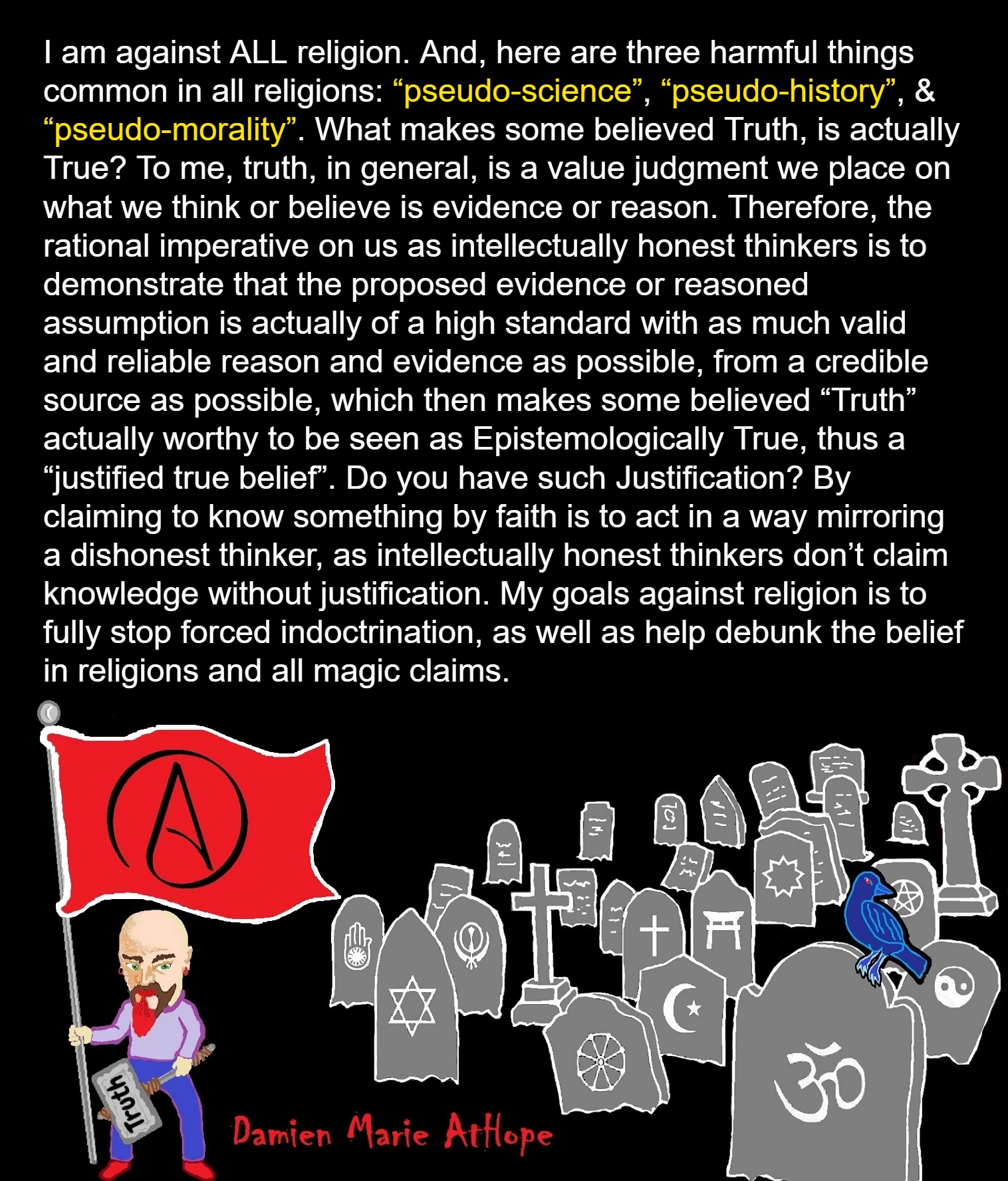

Damien Marie AtHope (Said as “At” “Hope”)/(Autodidact Polymath but not good at math):
Axiological Atheist, Anti-theist, Anti-religionist, Secular Humanist, Rationalist, Writer, Artist, Jeweler, Poet, “autodidact” Philosopher, schooled in Psychology, and “autodidact” Armchair Archaeology/Anthropology/Pre-Historian (Knowledgeable in the range of: 1 million to 5,000/4,000 years ago). I am an anarchist socialist politically. Reasons for or Types of Atheism
My Website, My Blog, & Short-writing or Quotes, My YouTube, Twitter: @AthopeMarie, and My Email: damien.marie.athope@gmail.com

